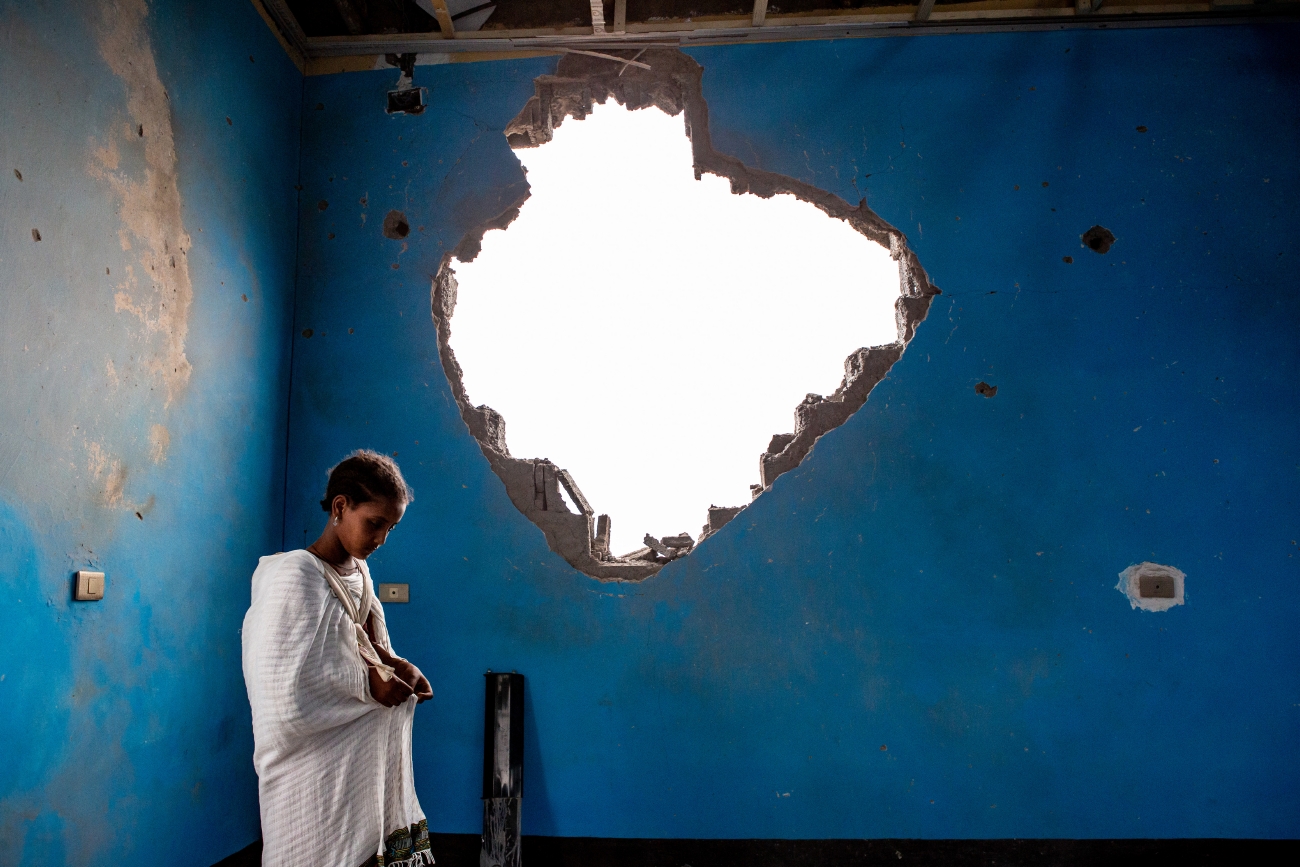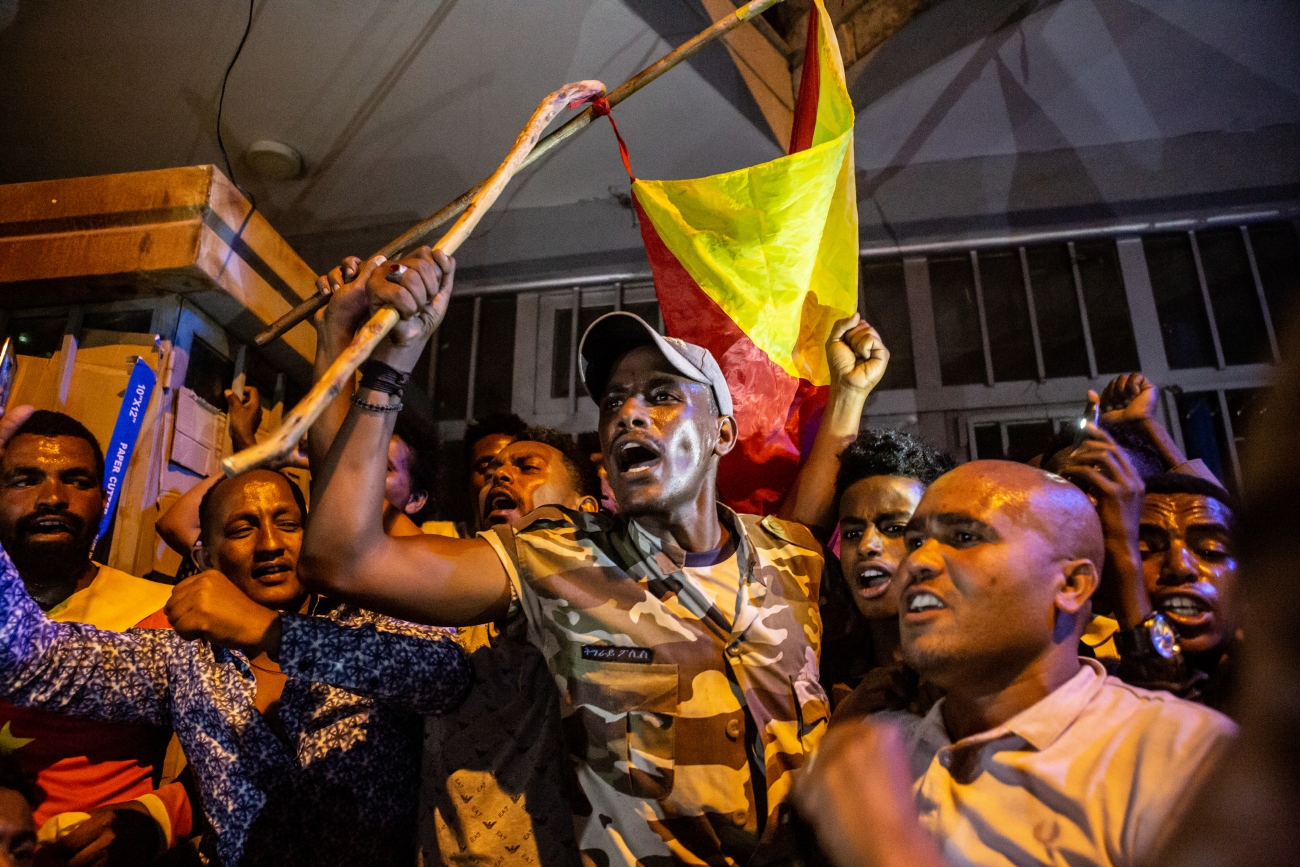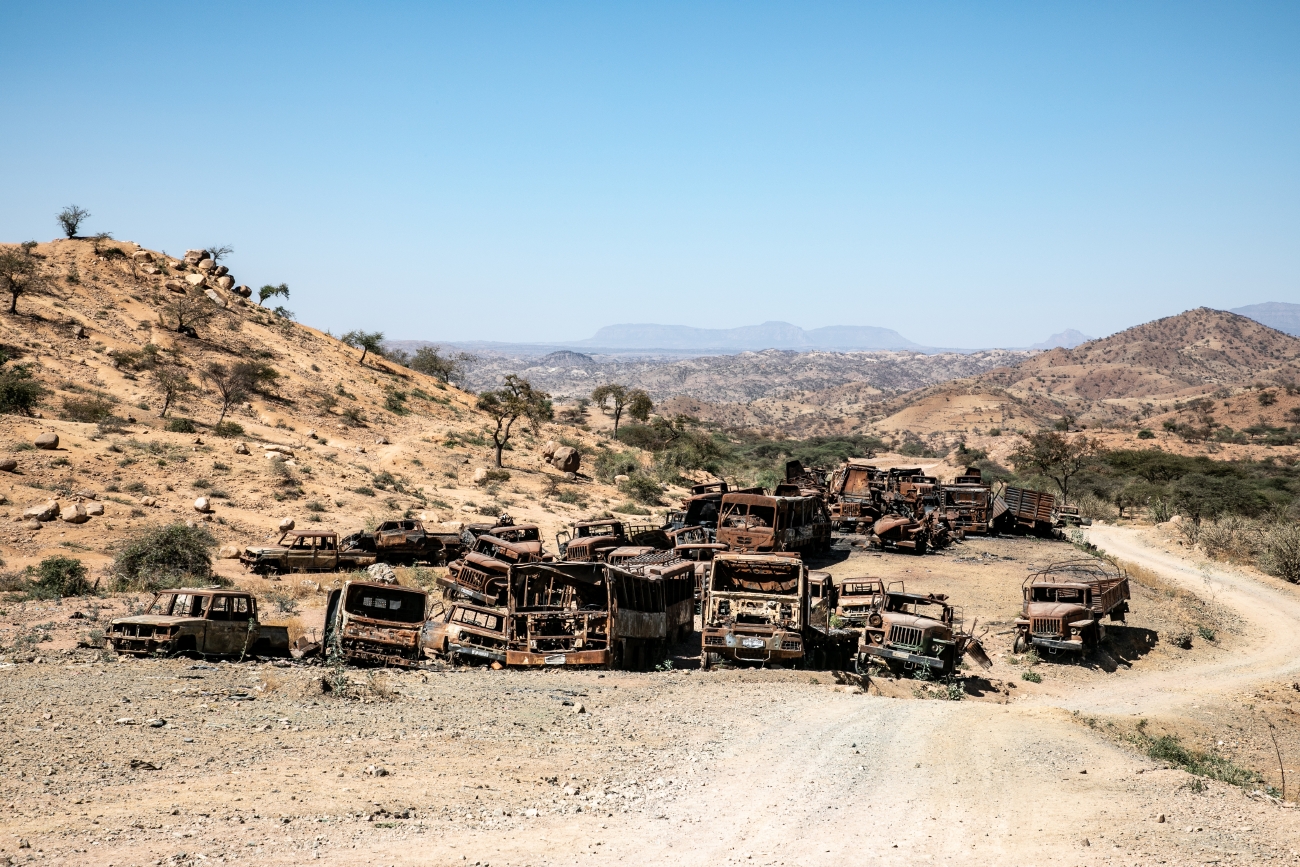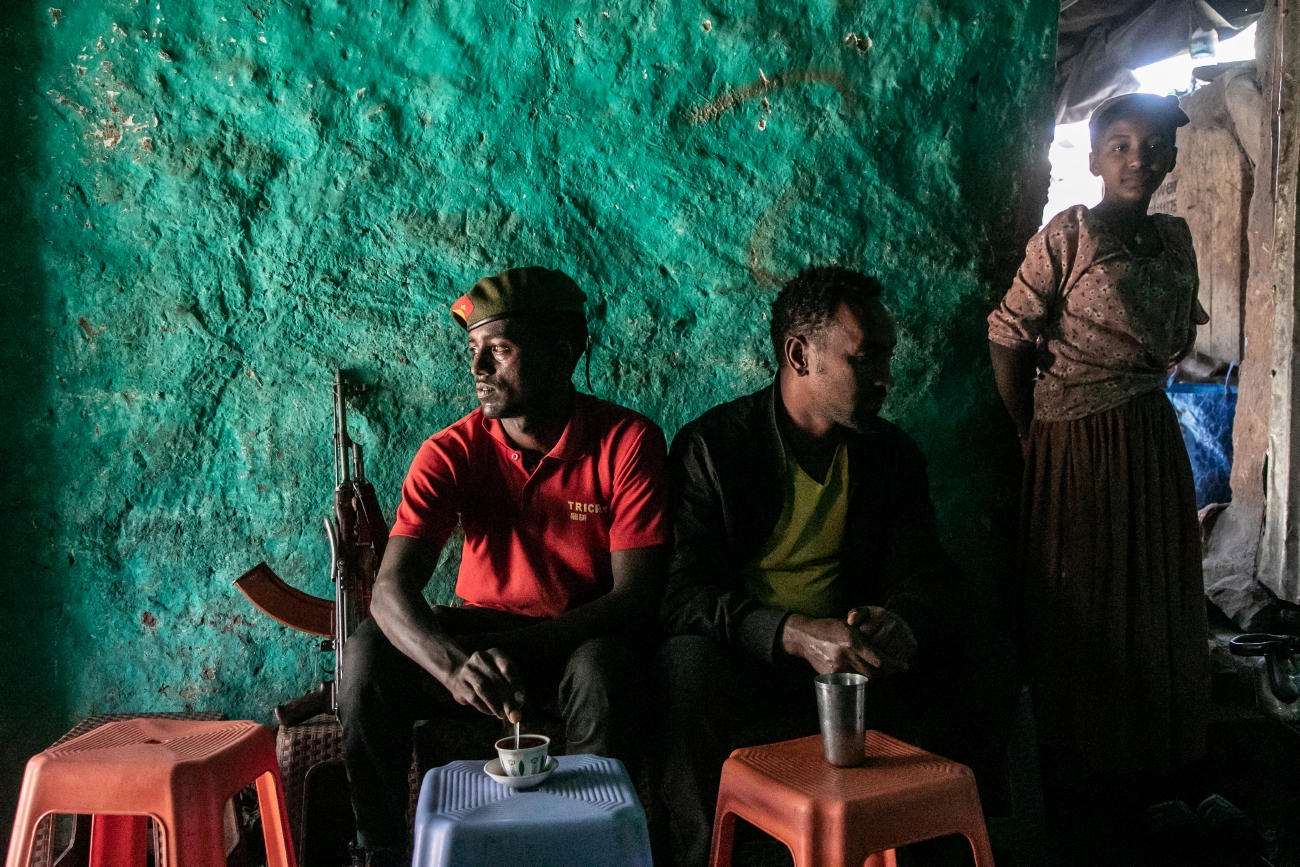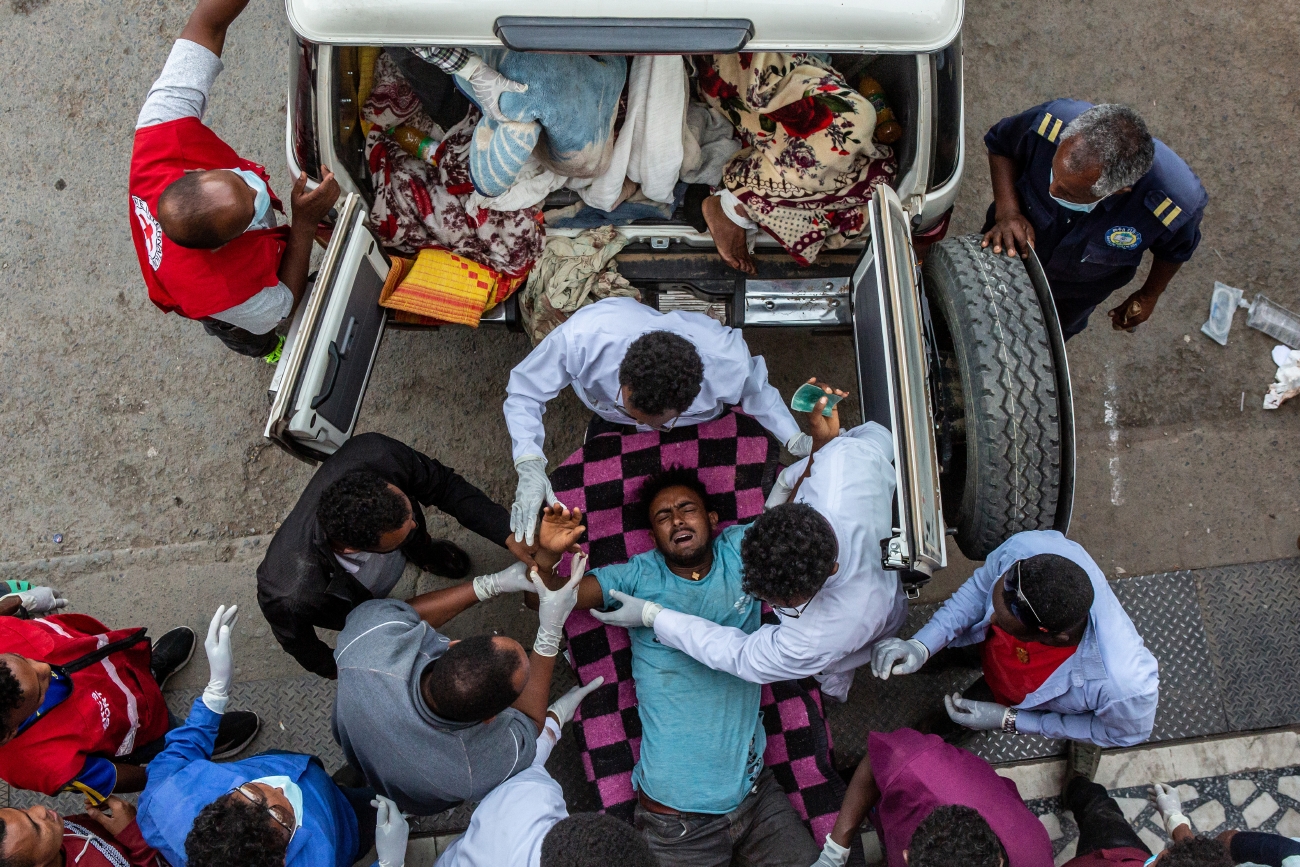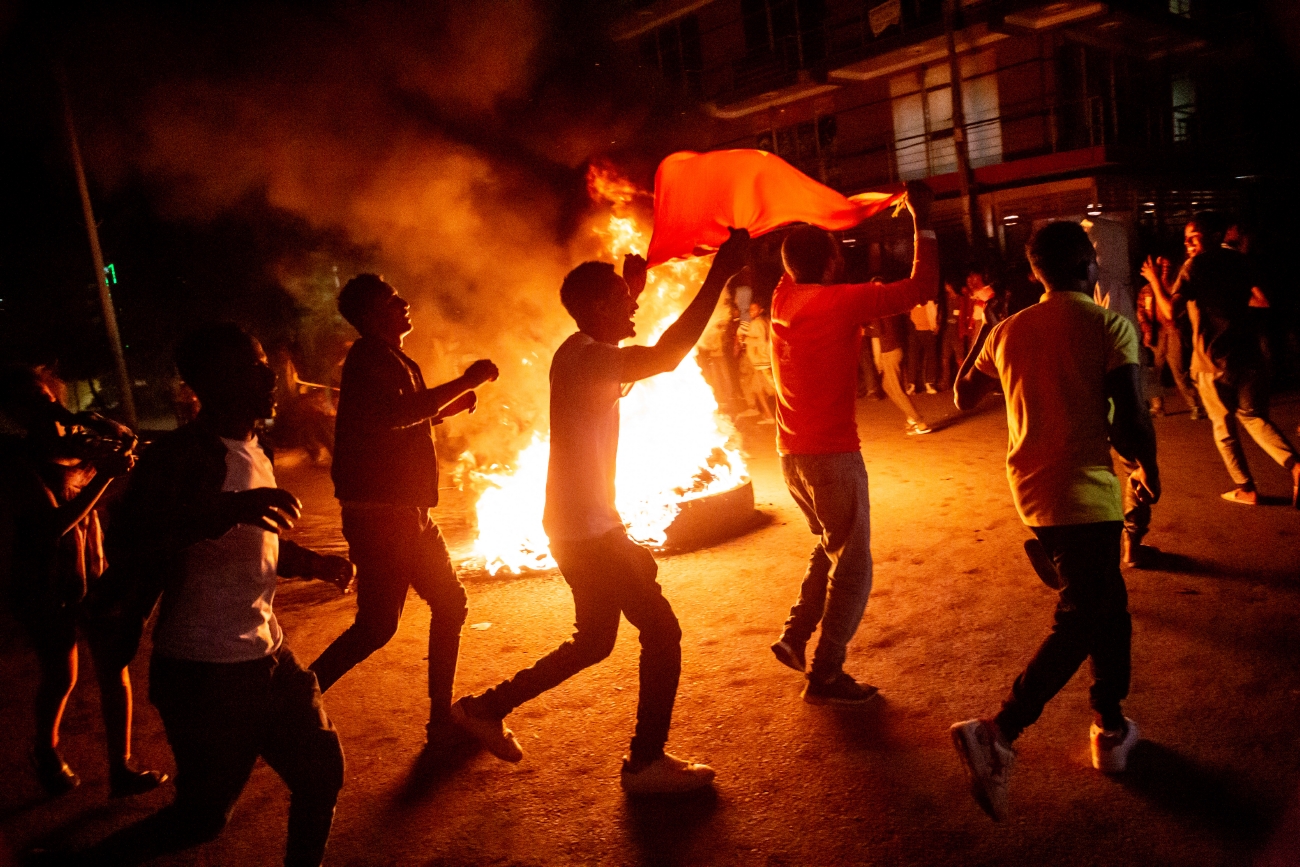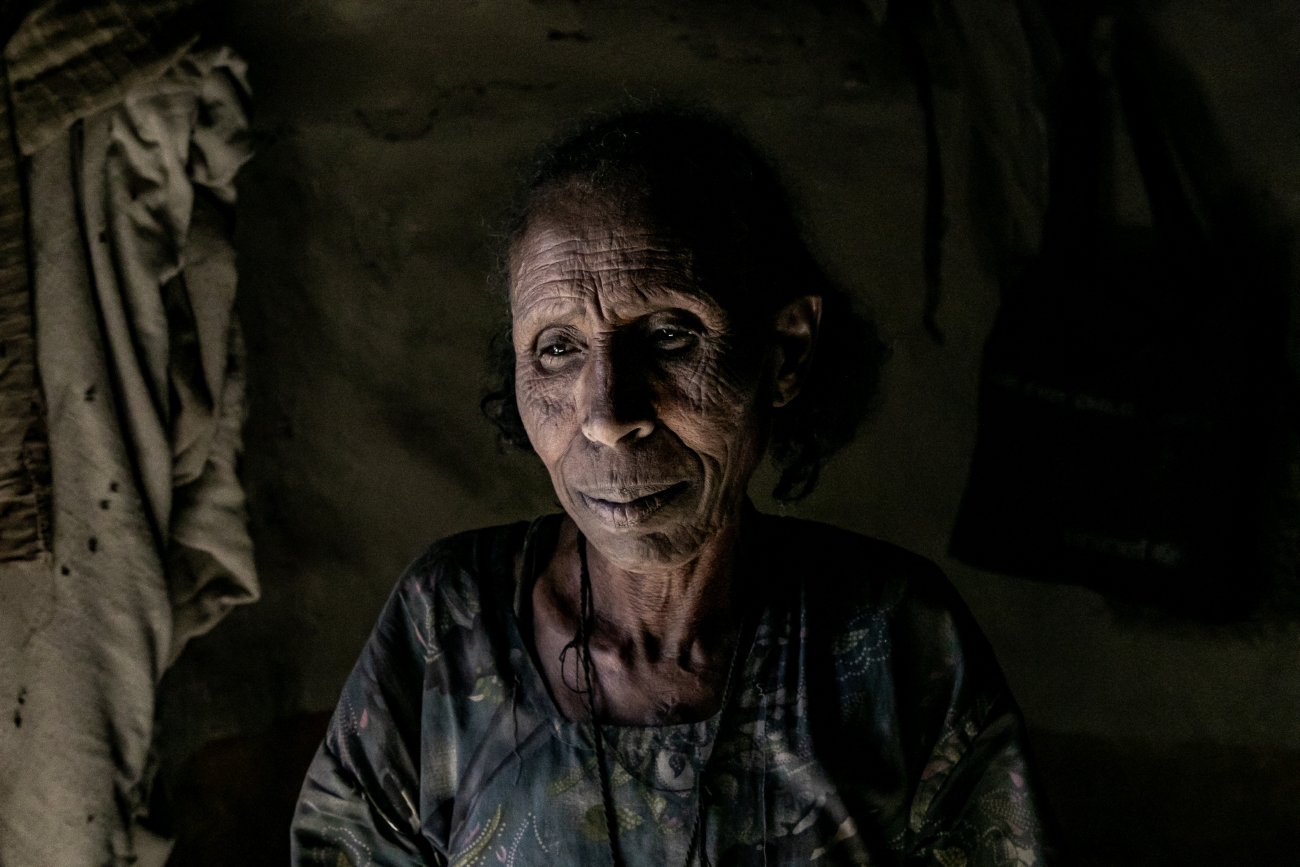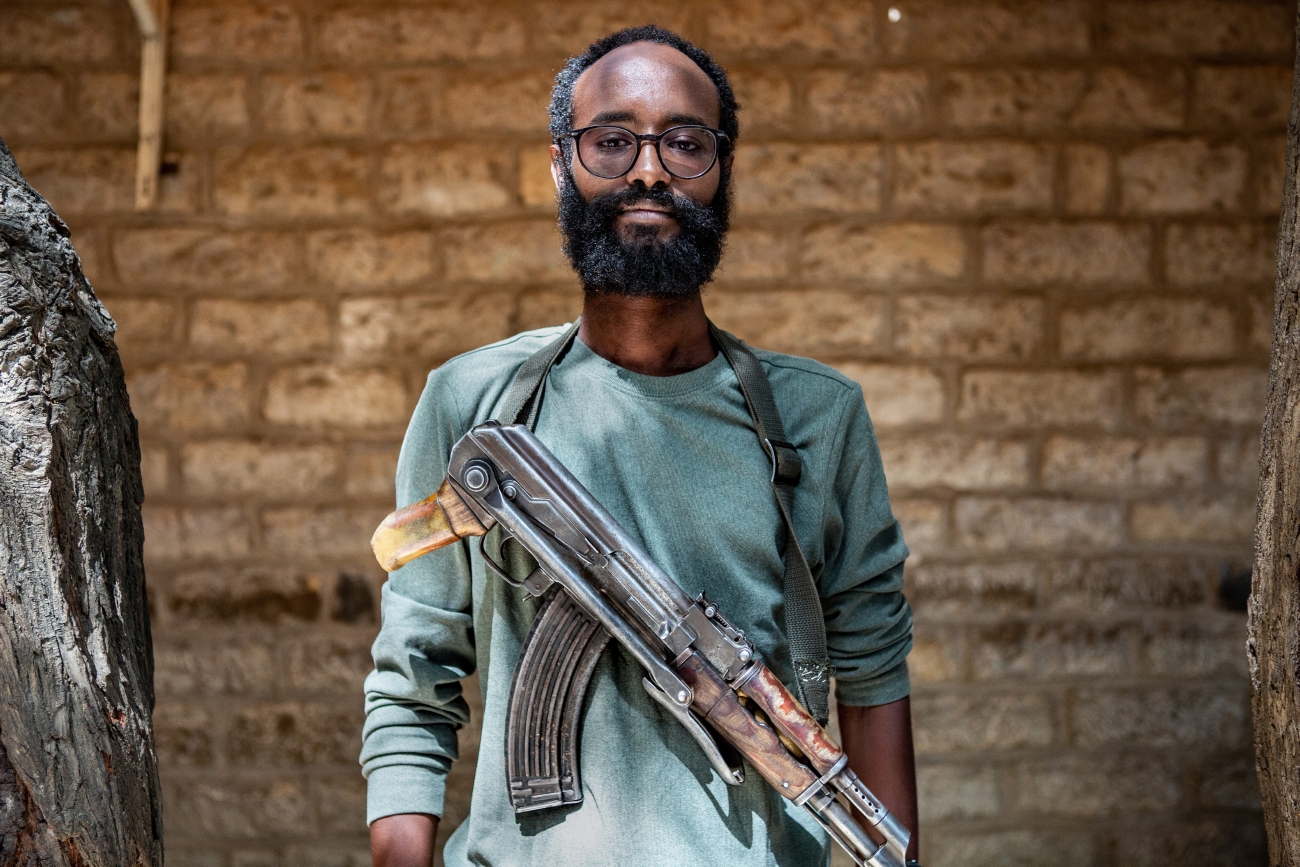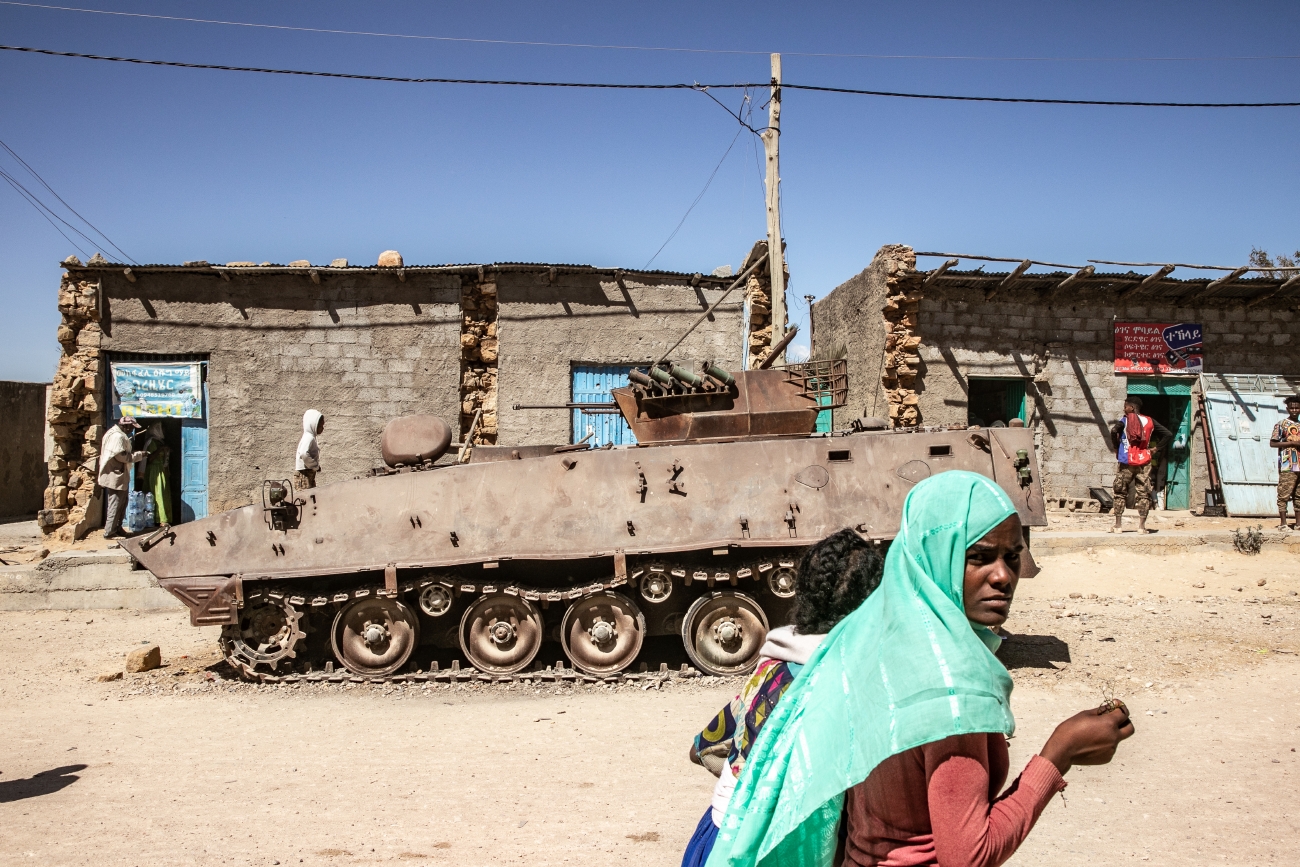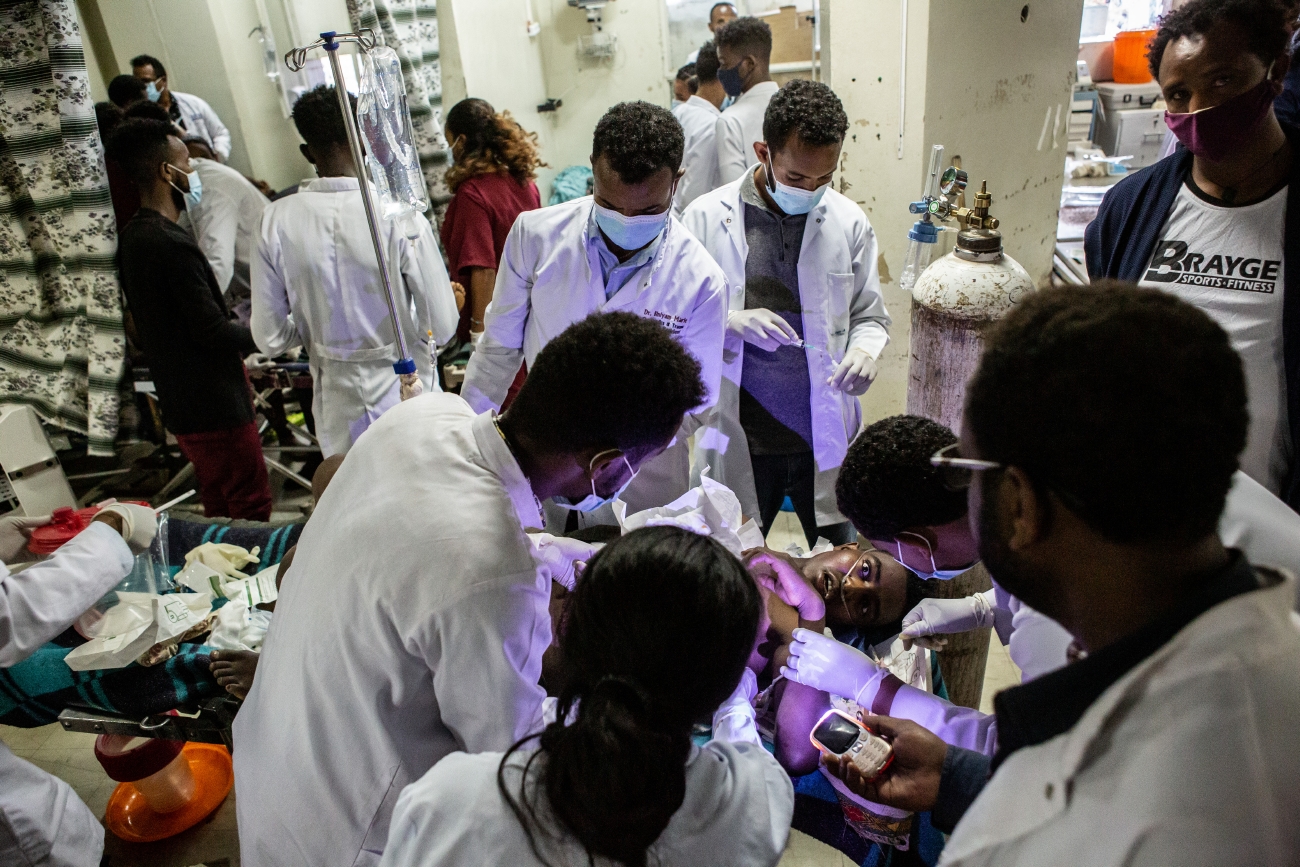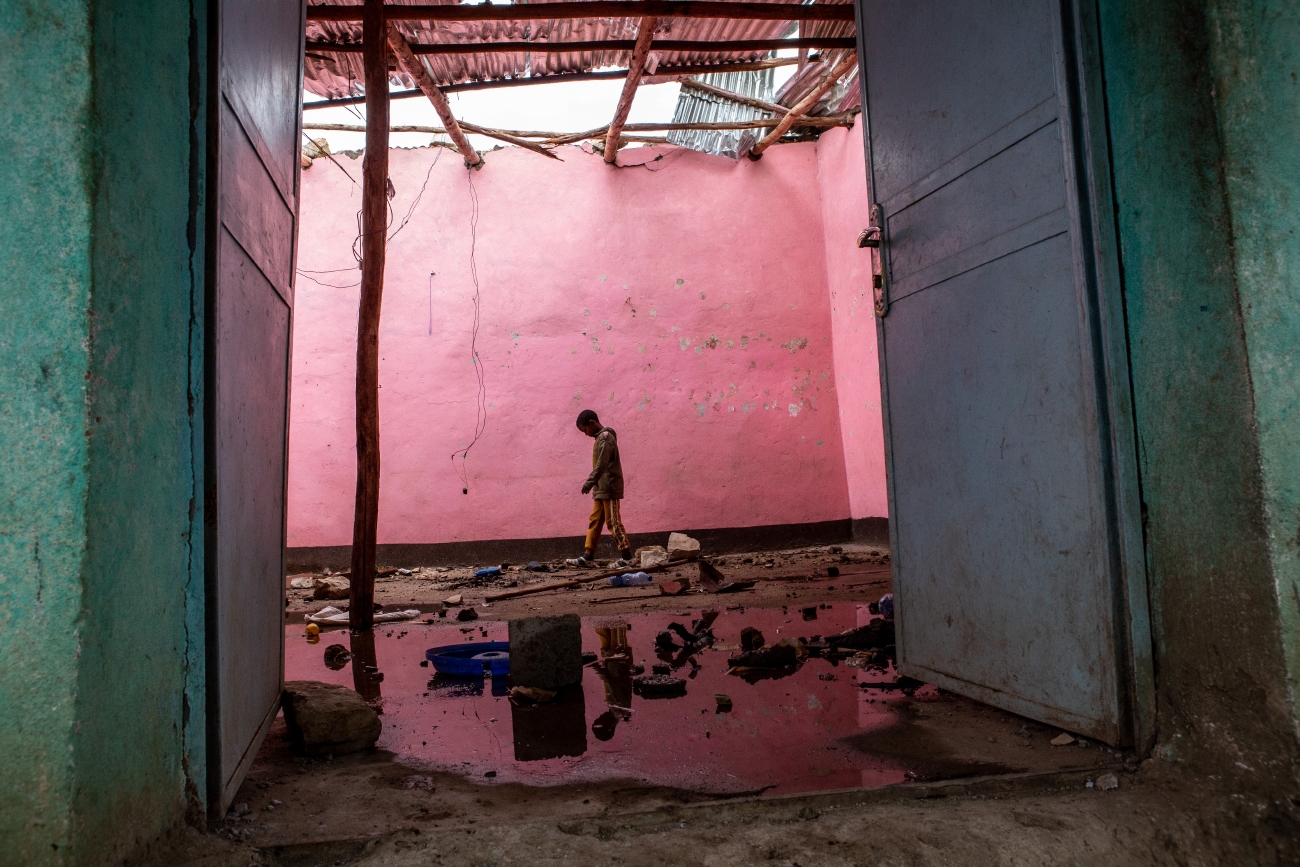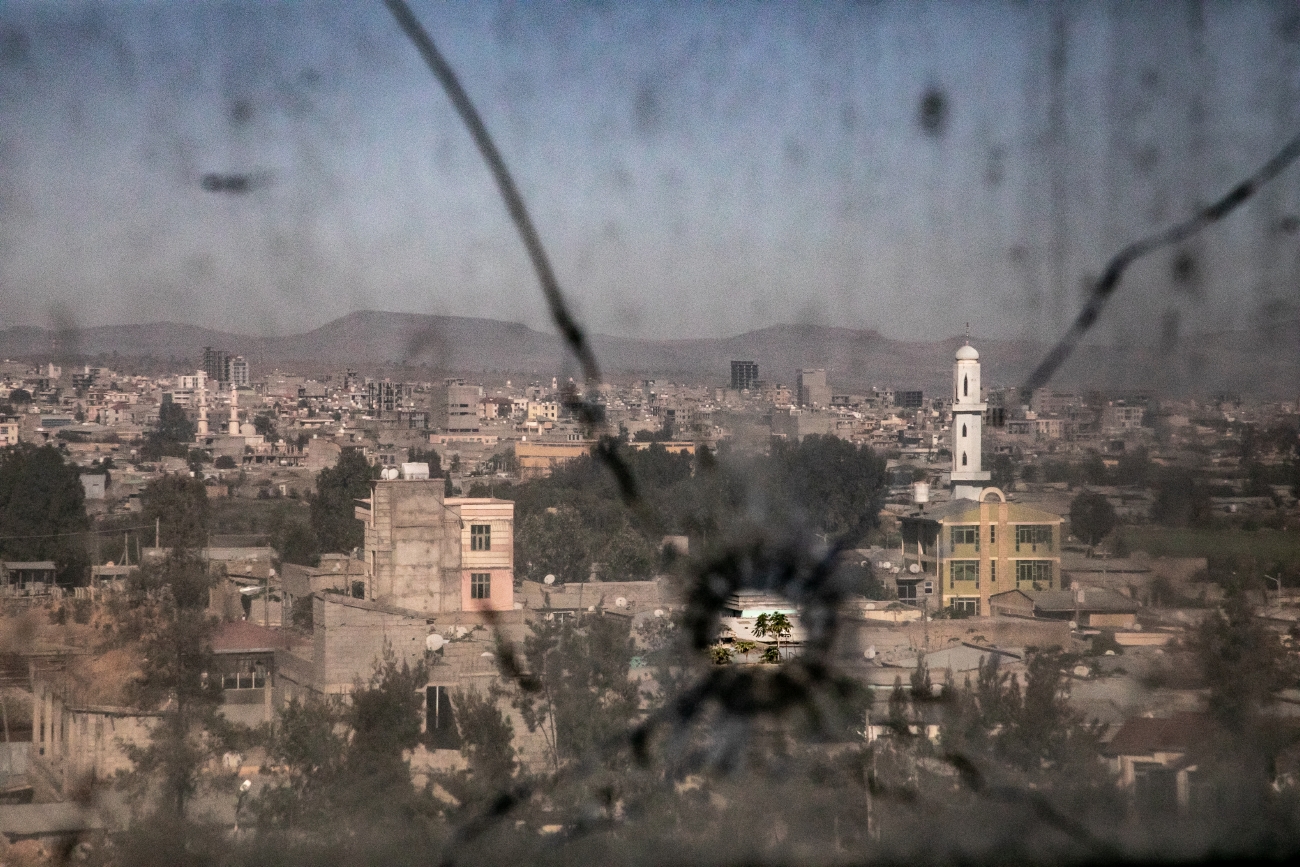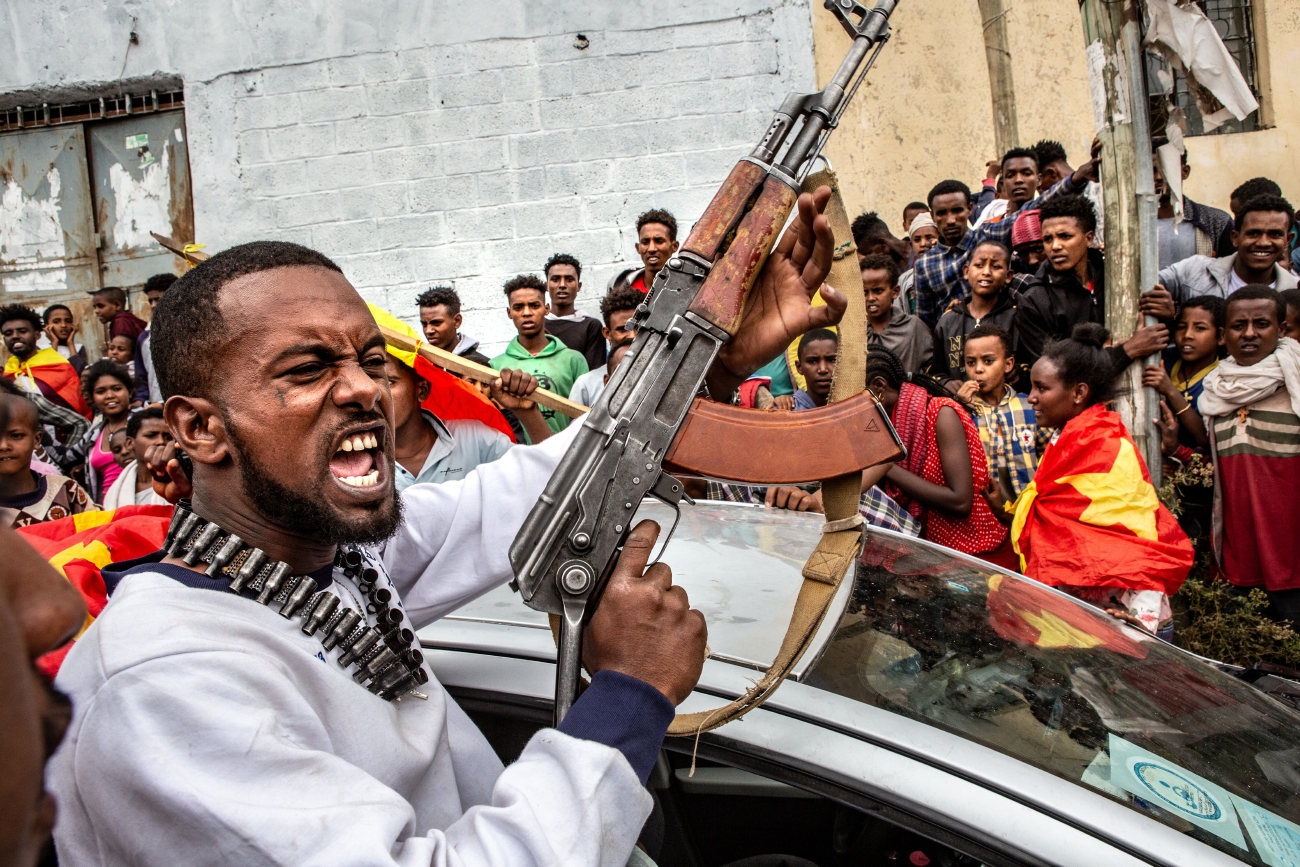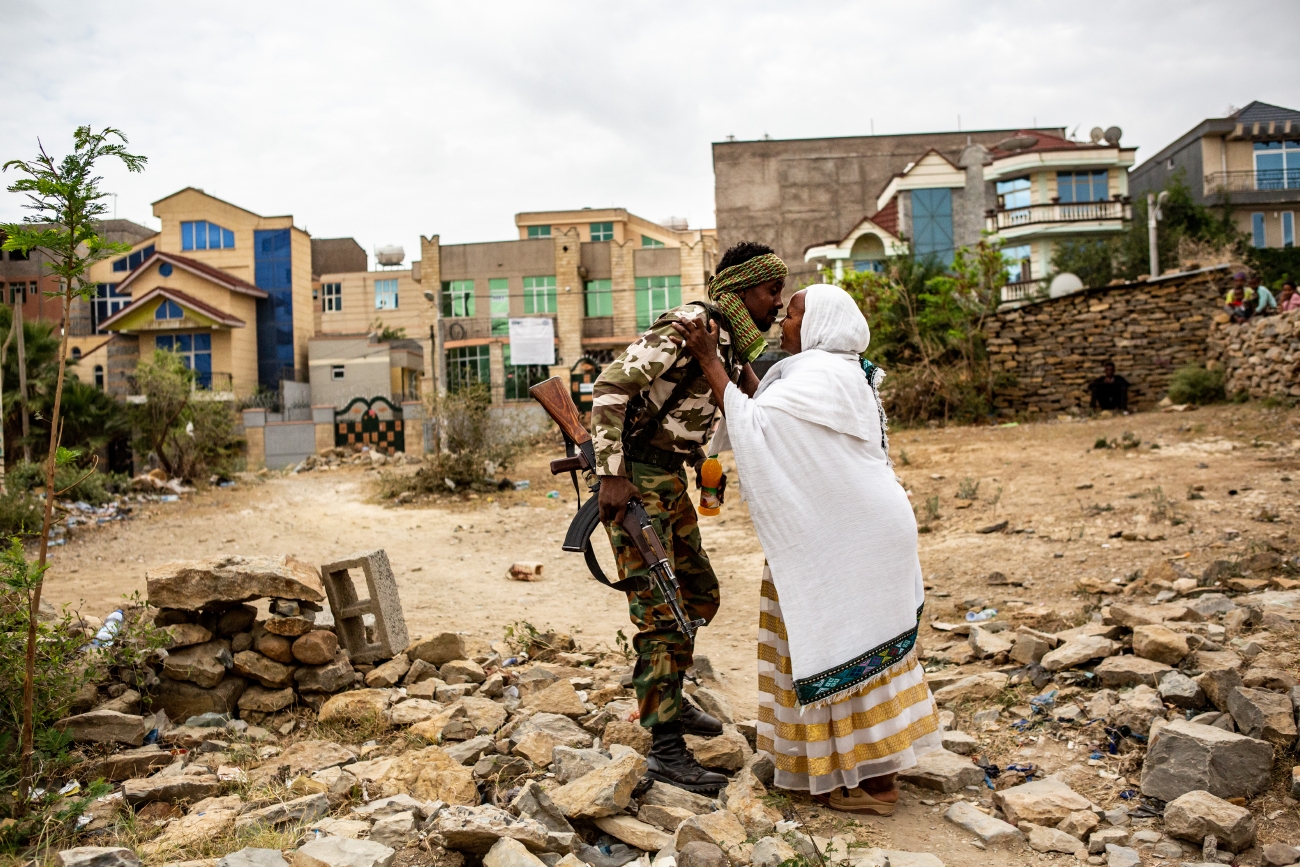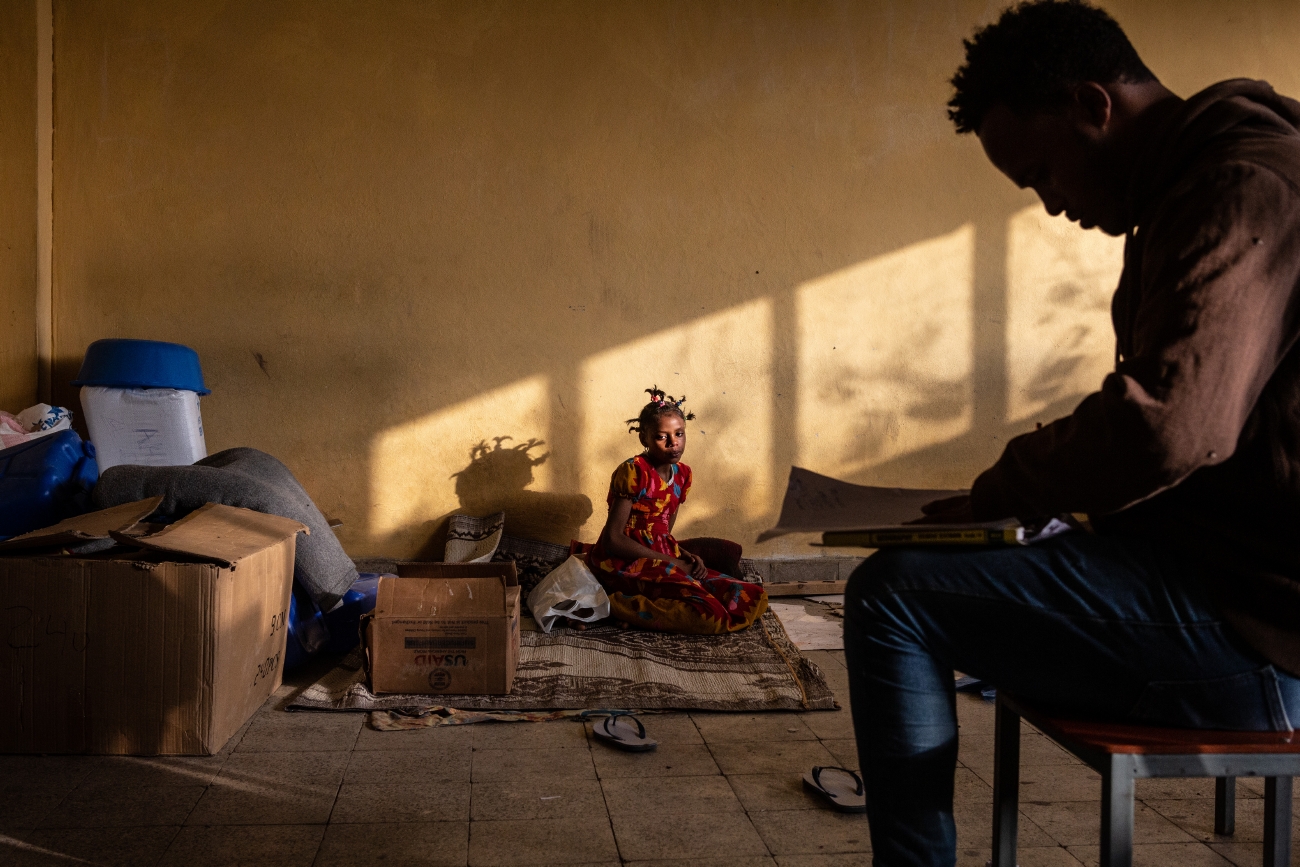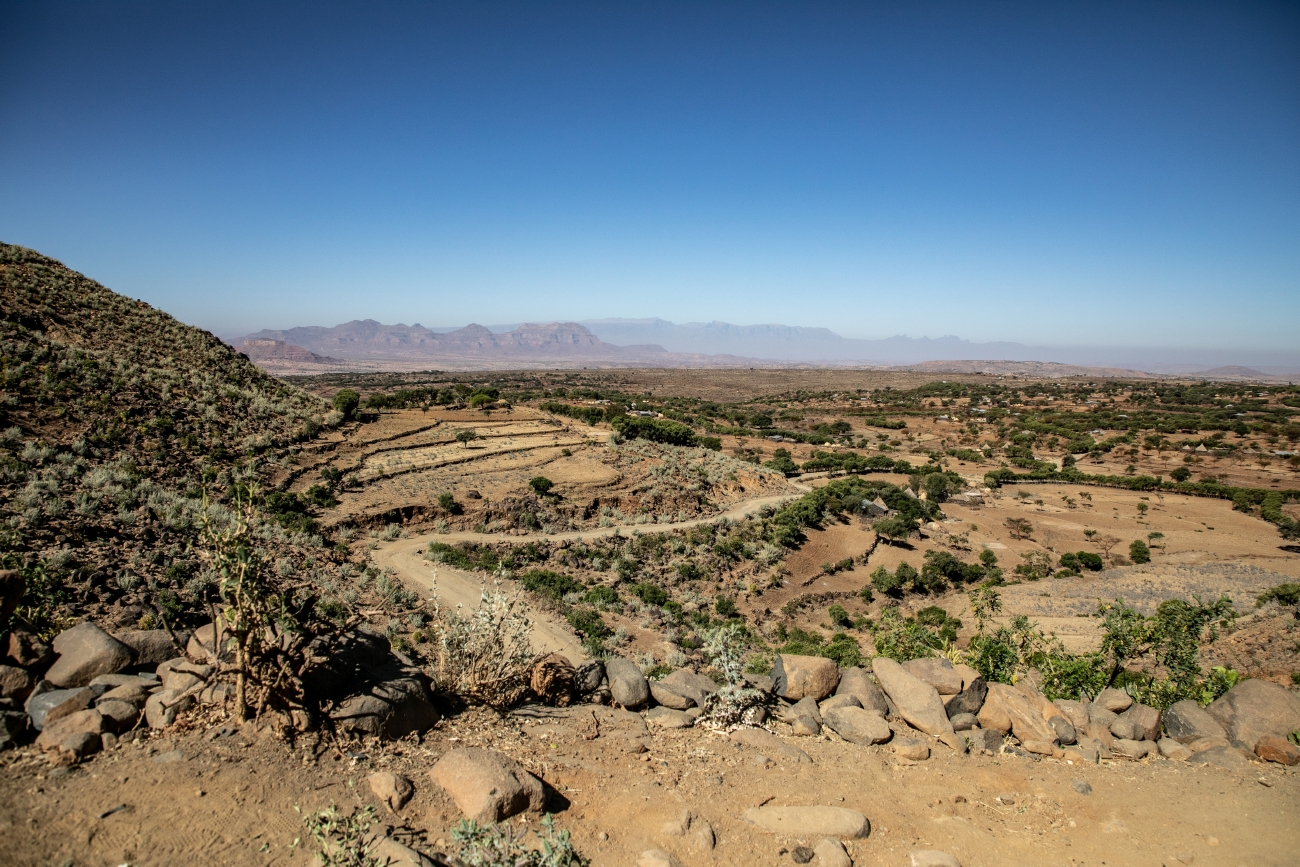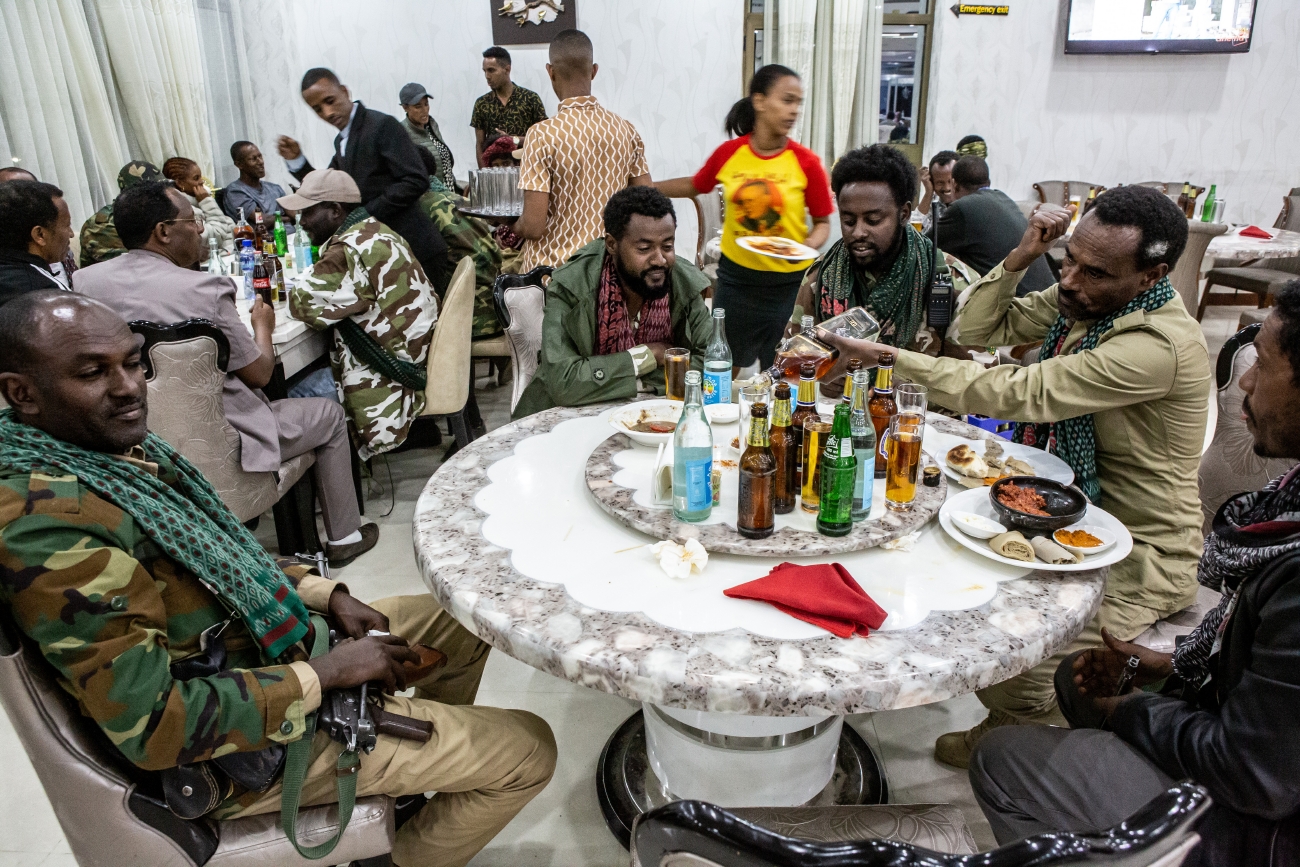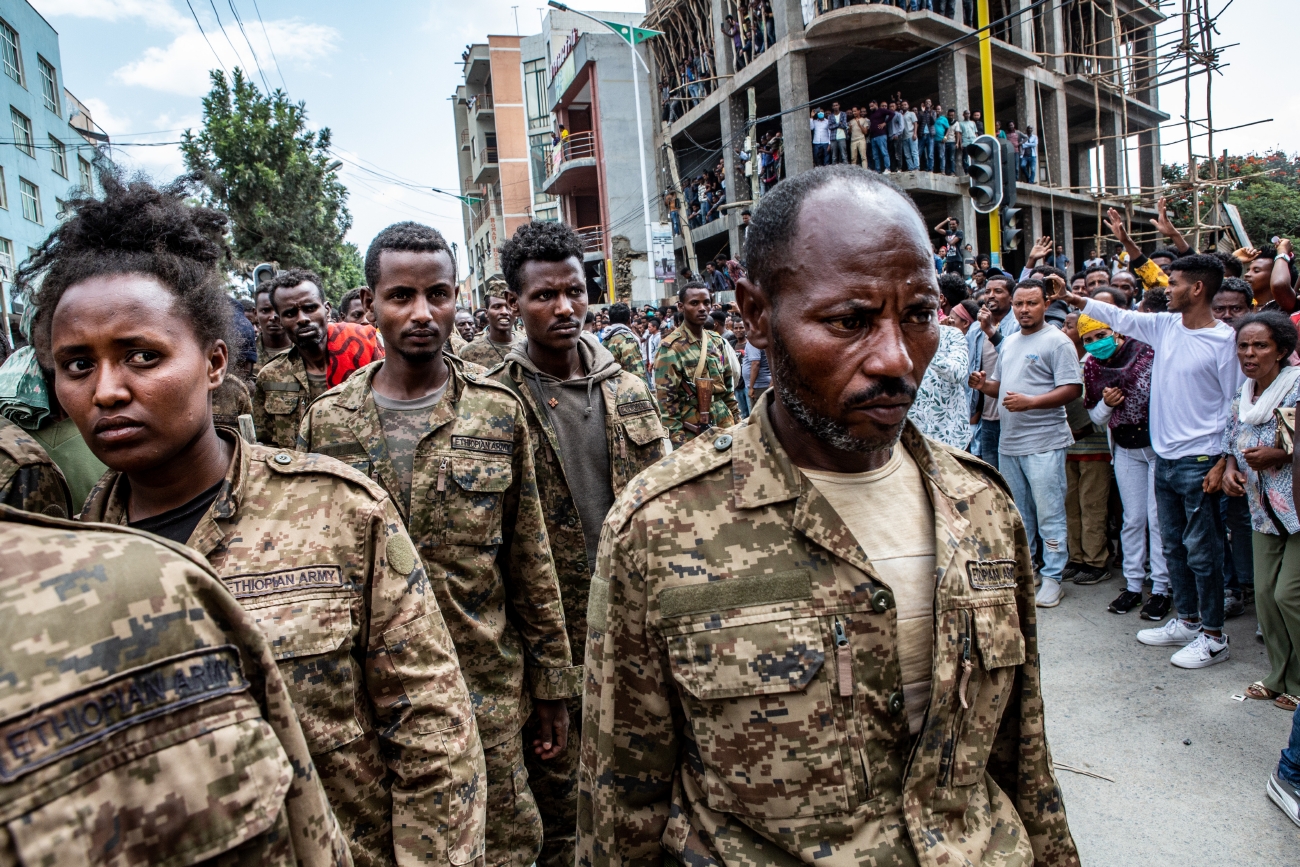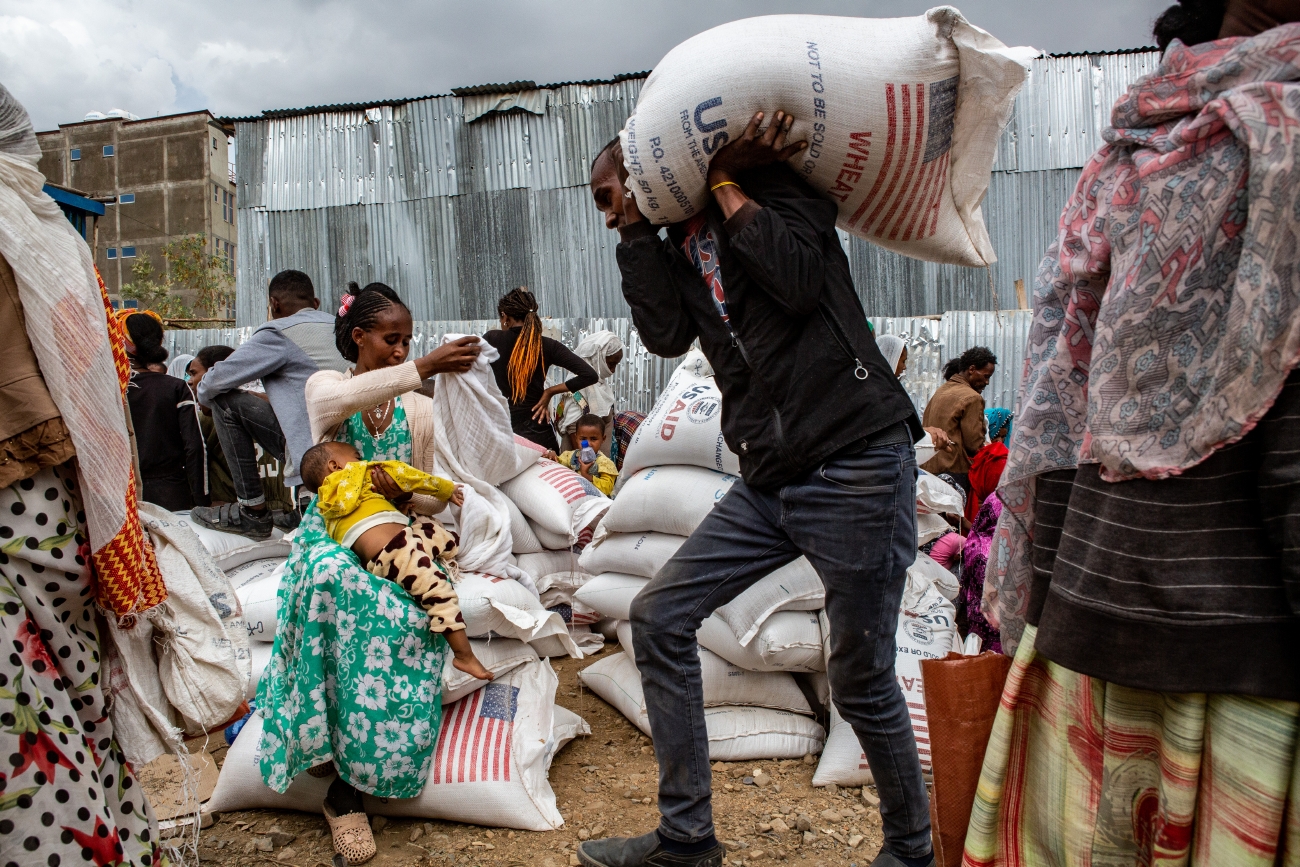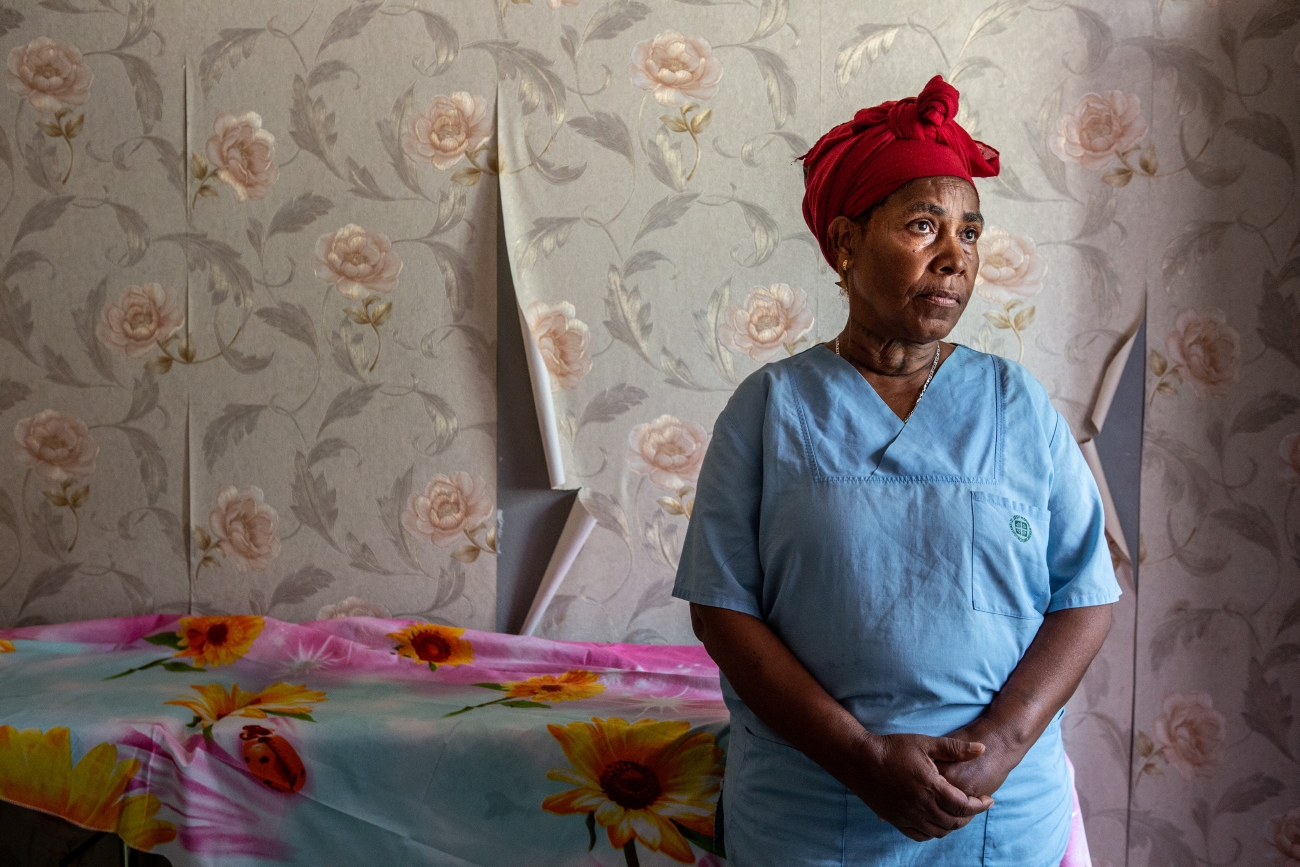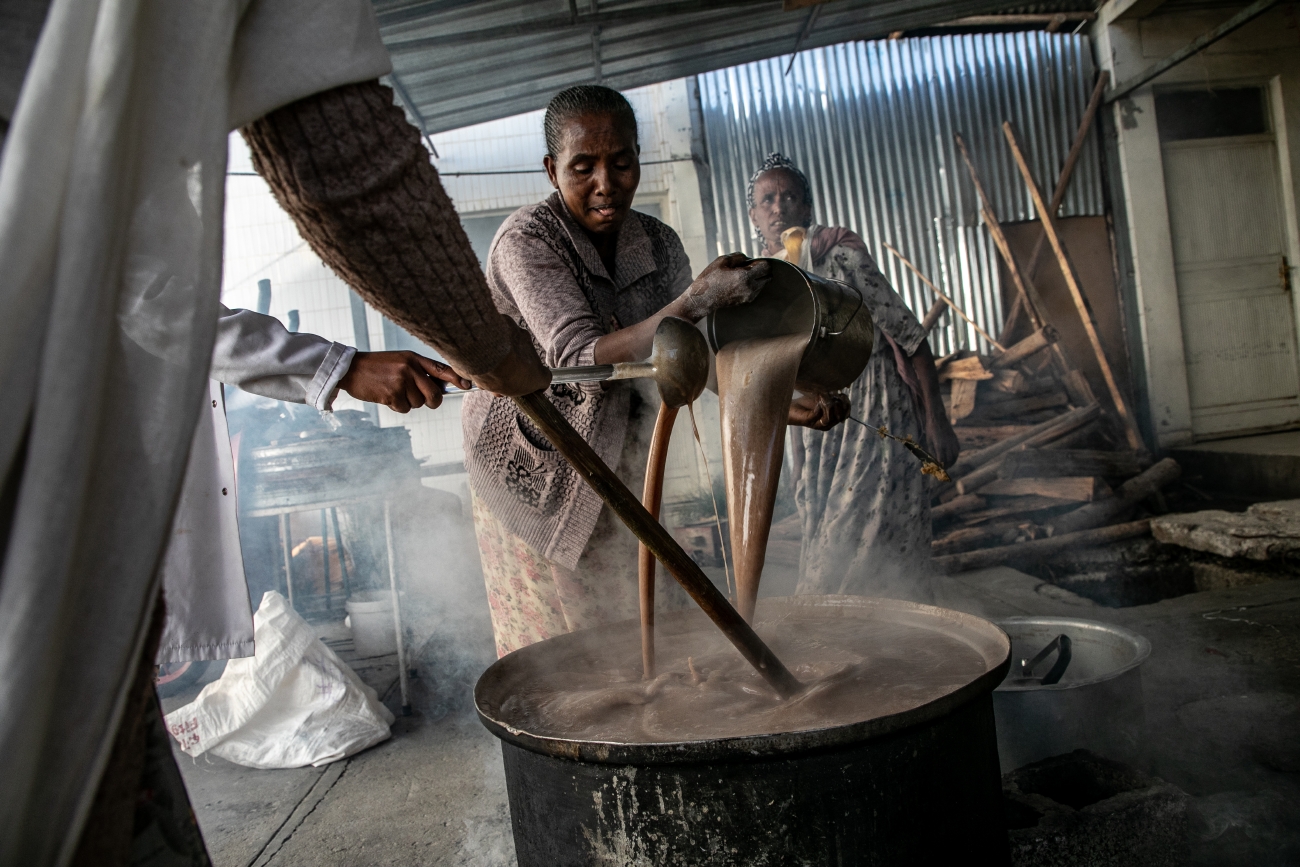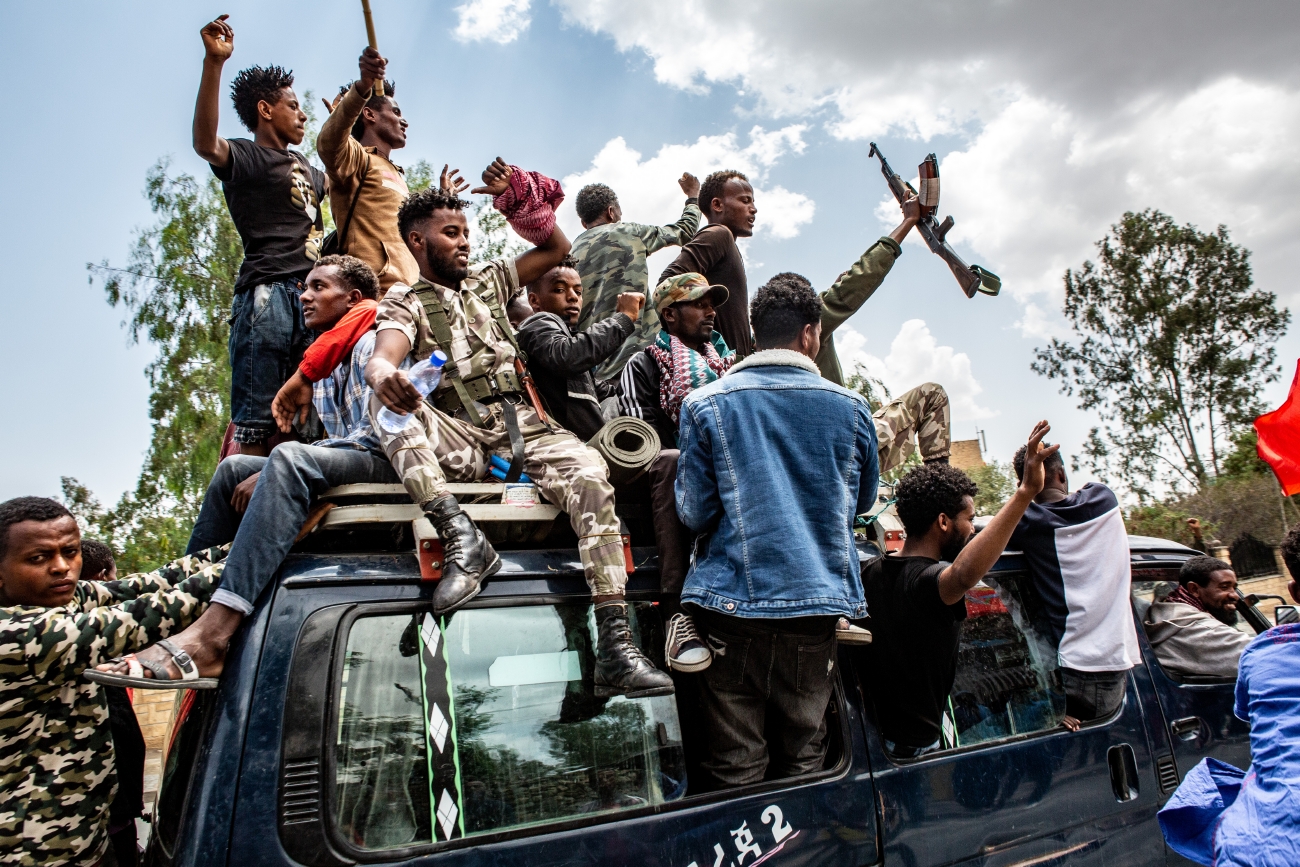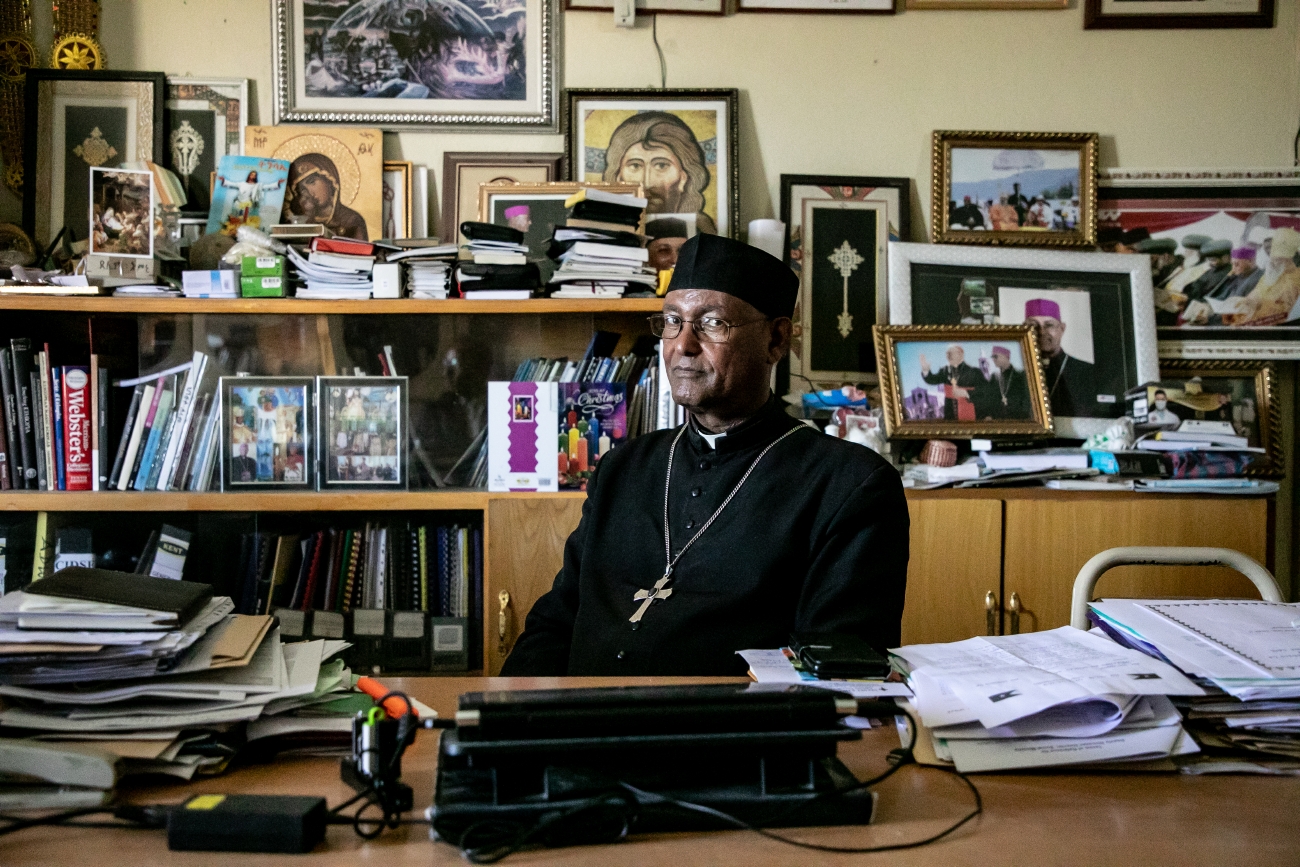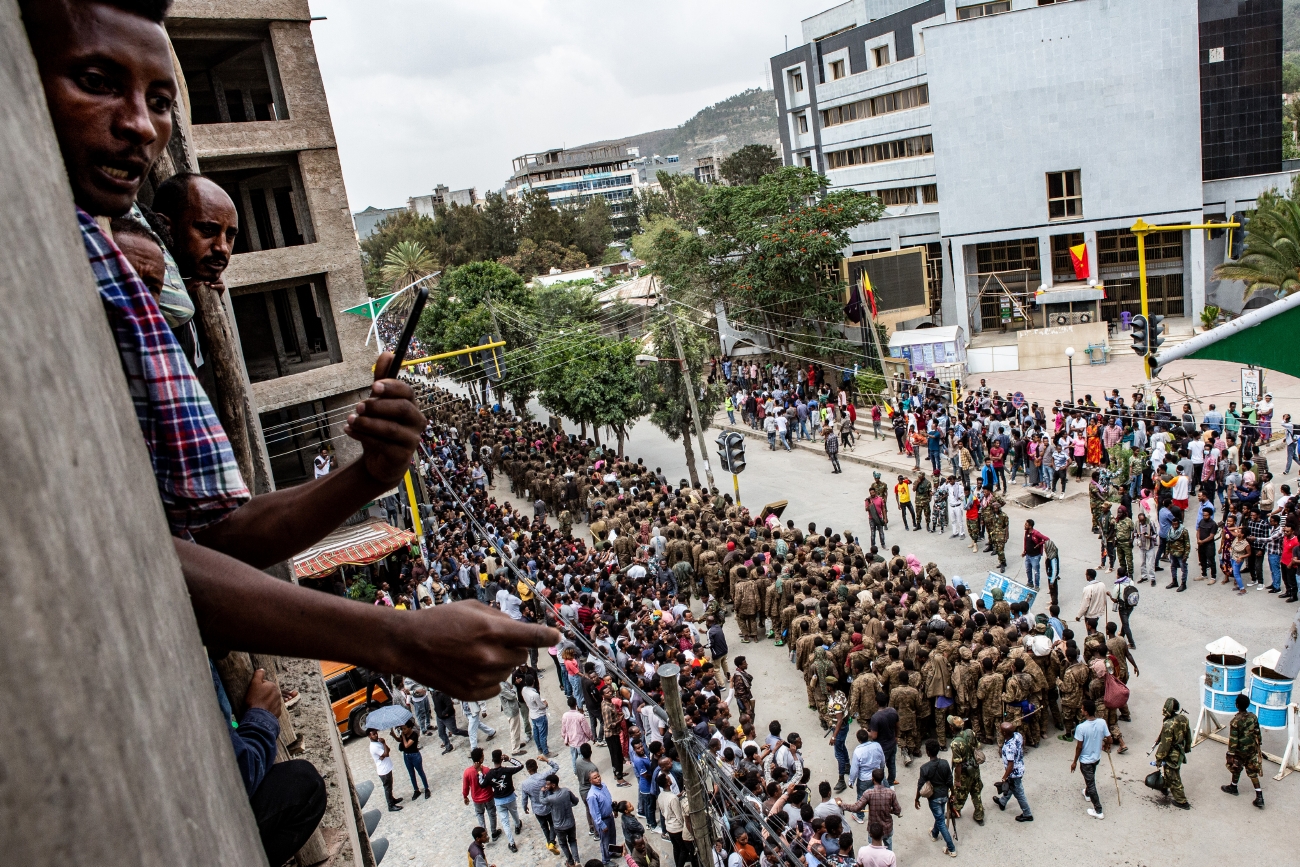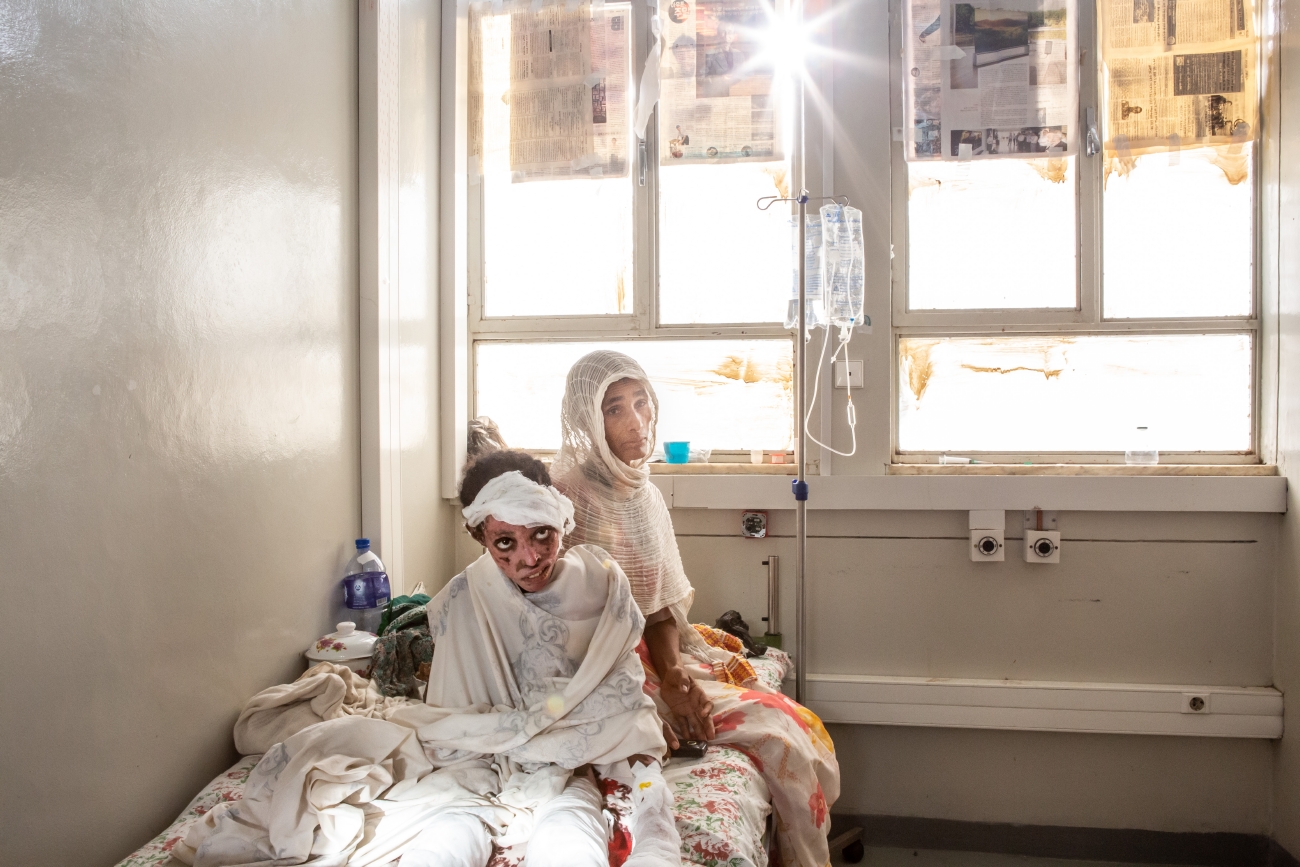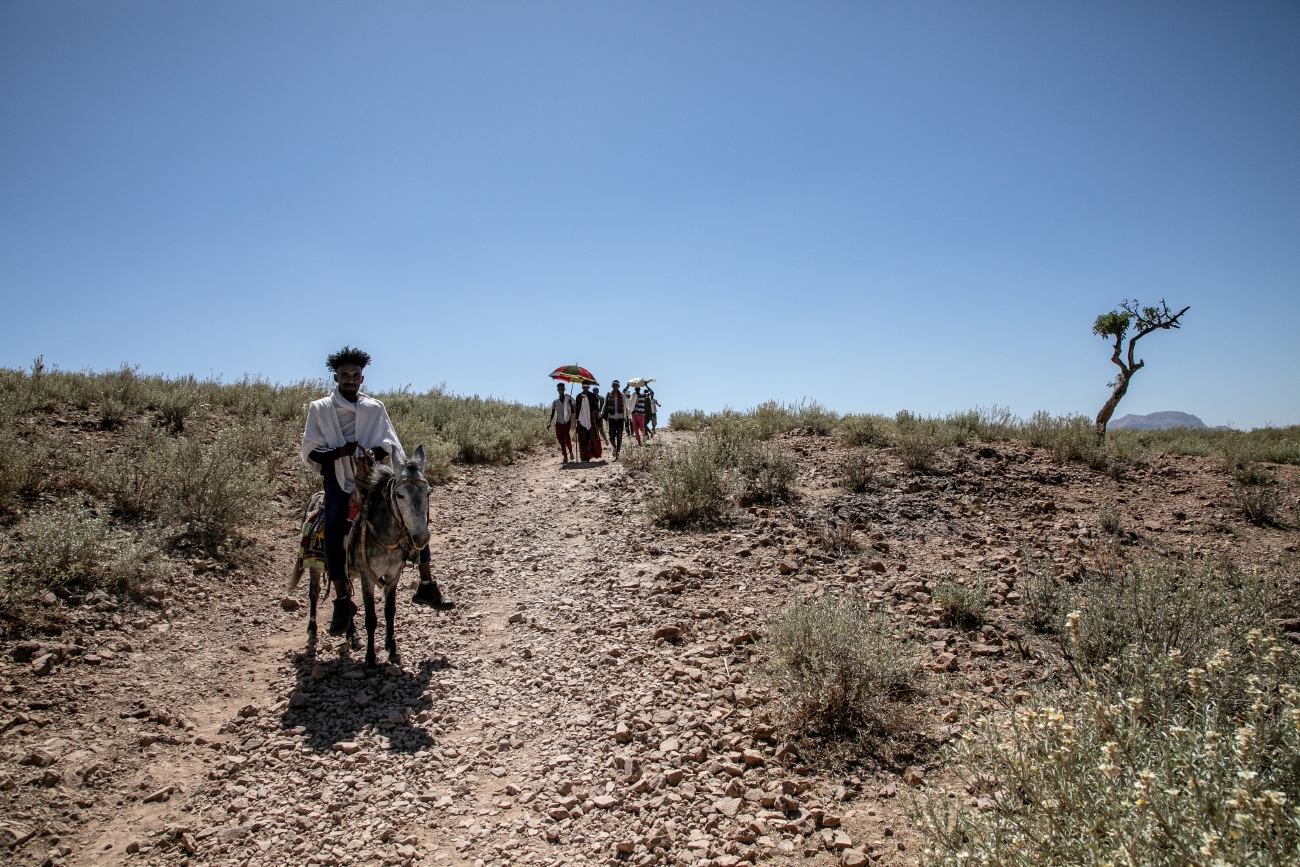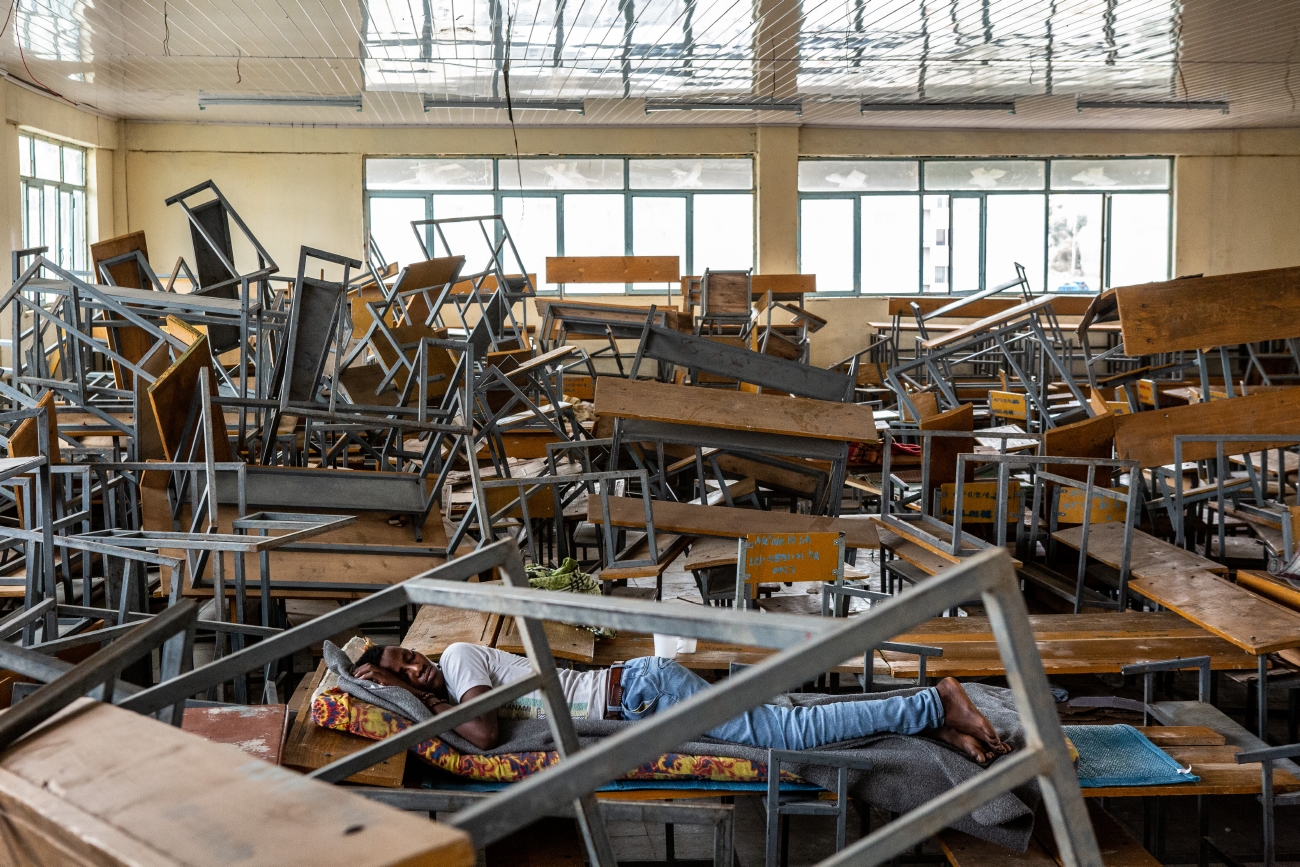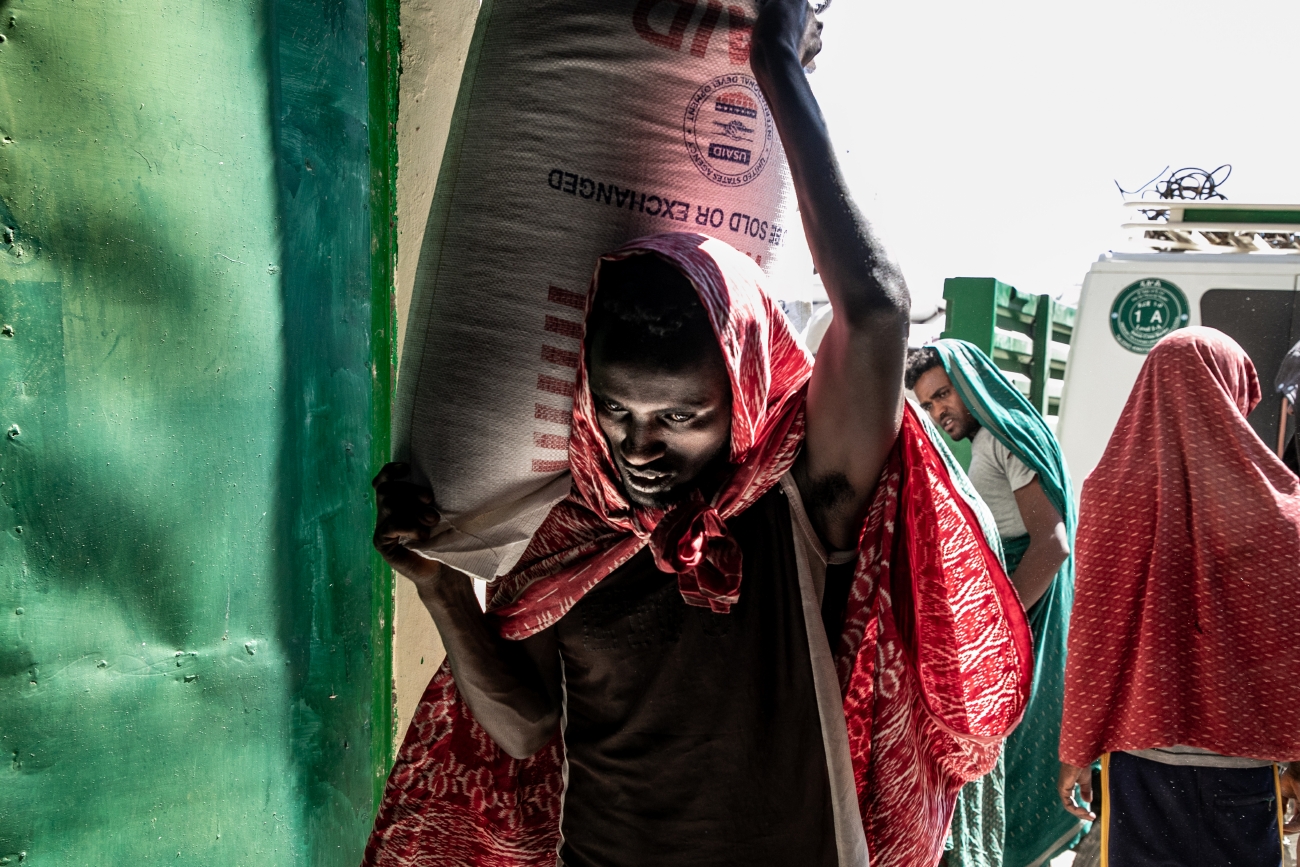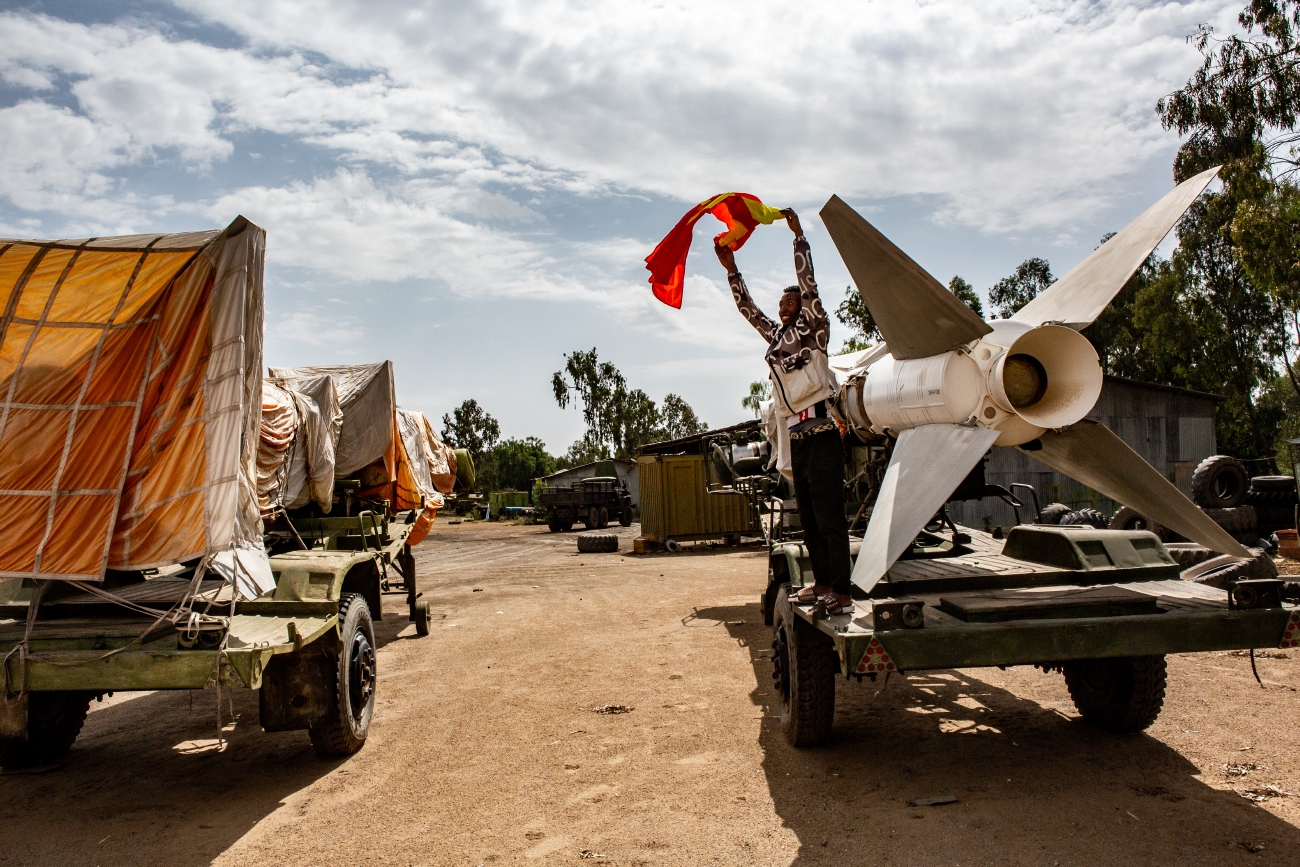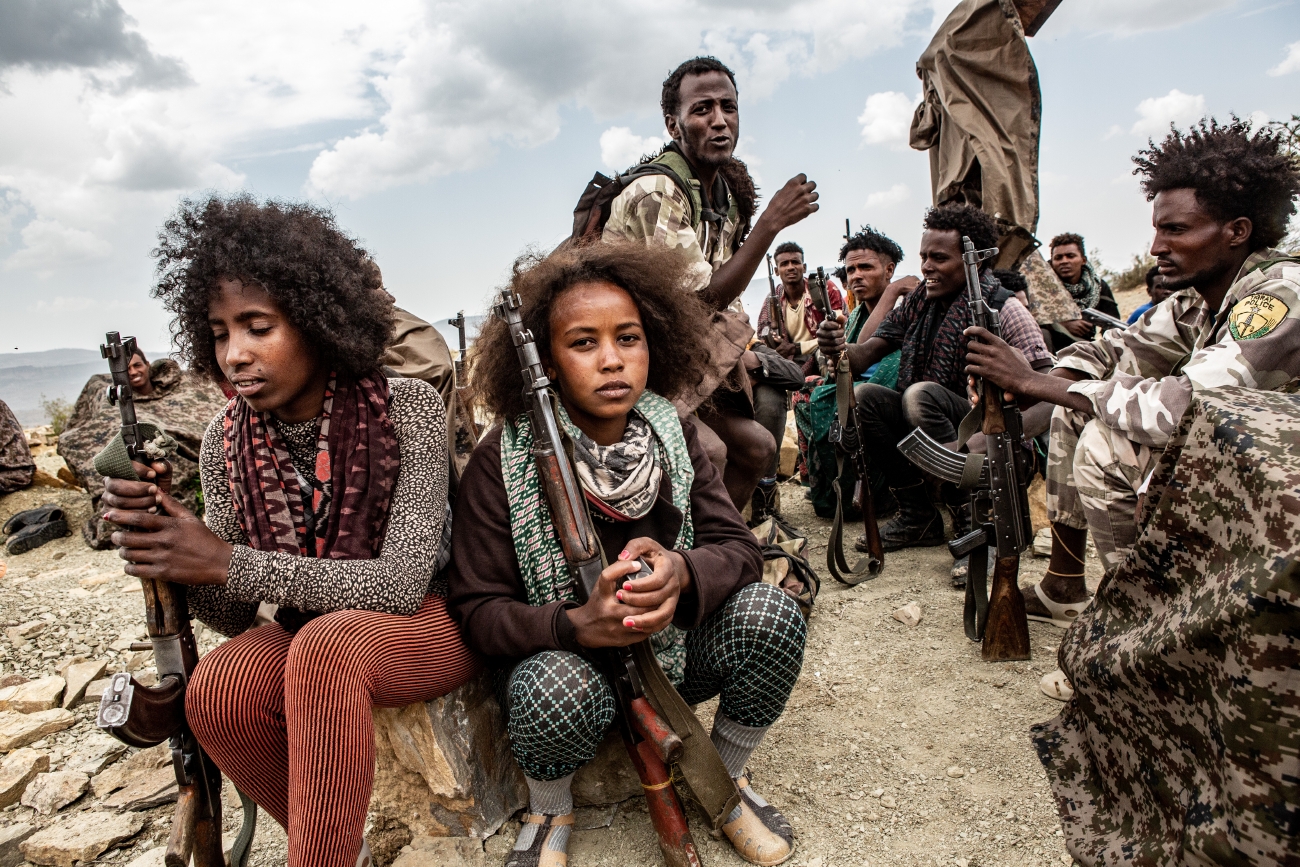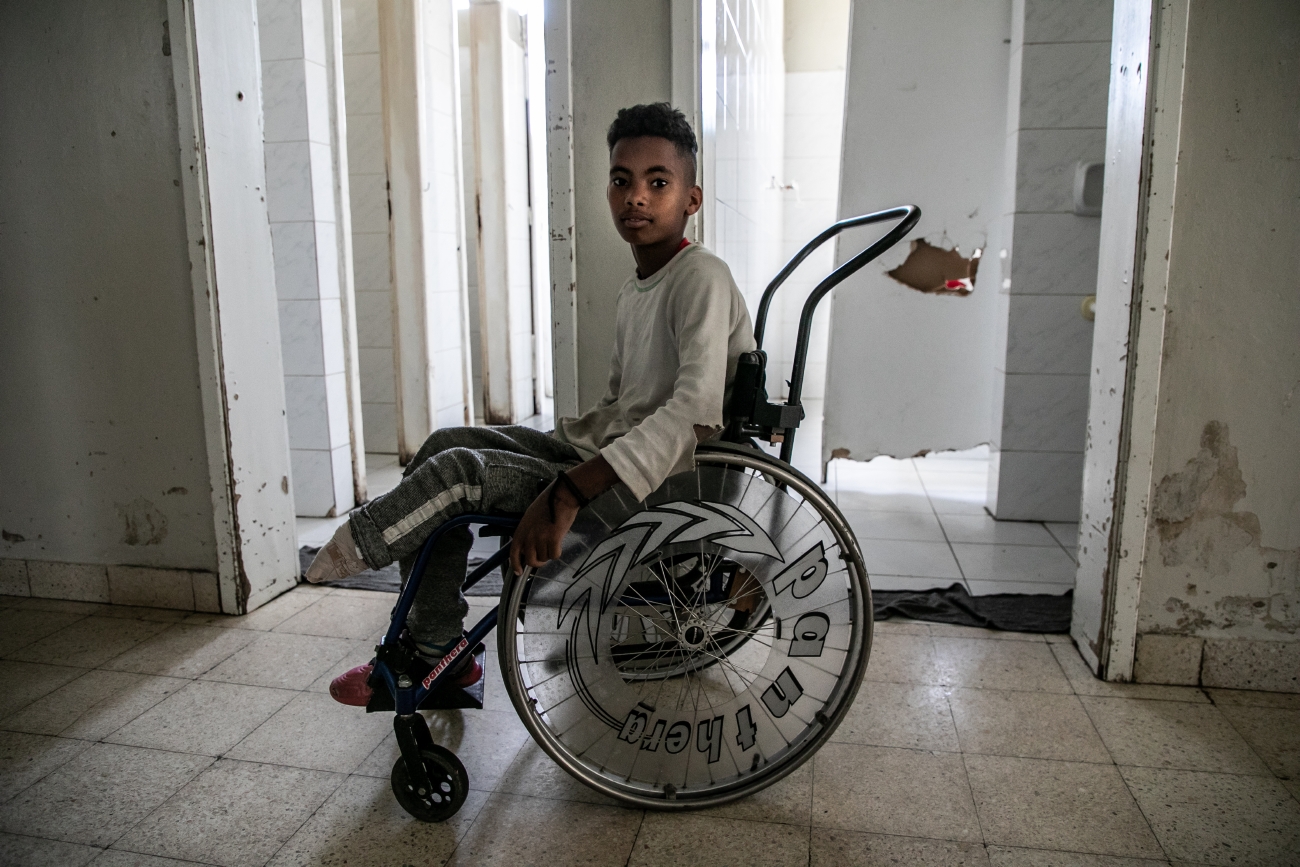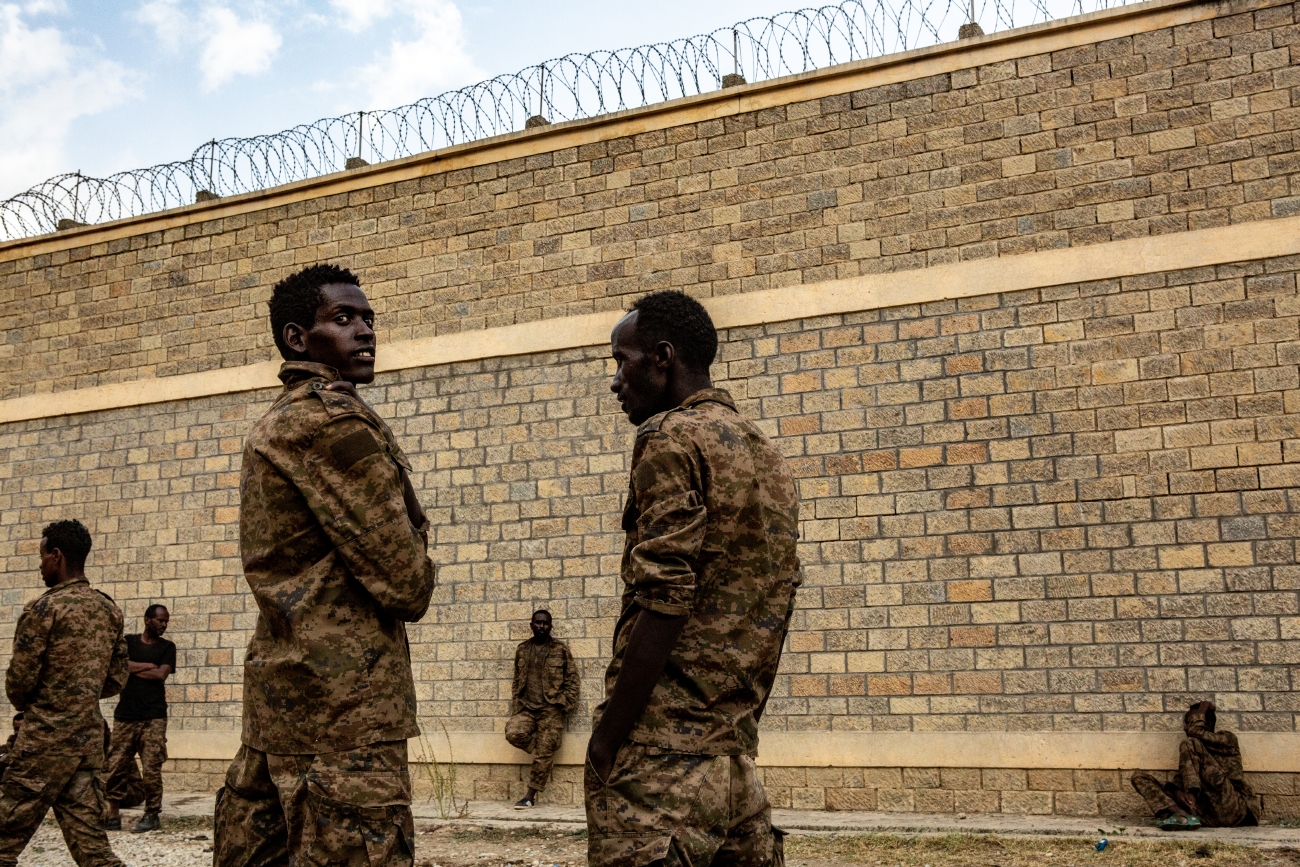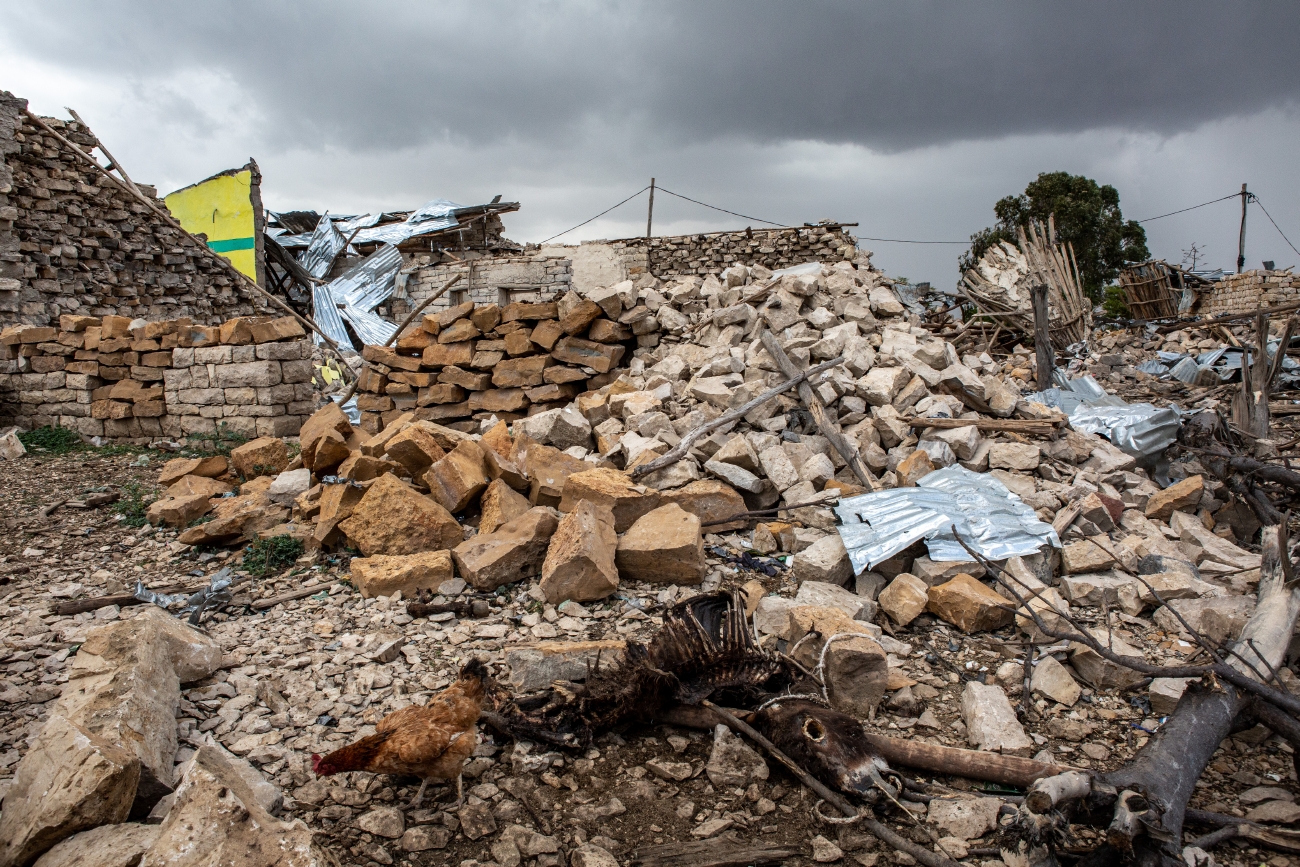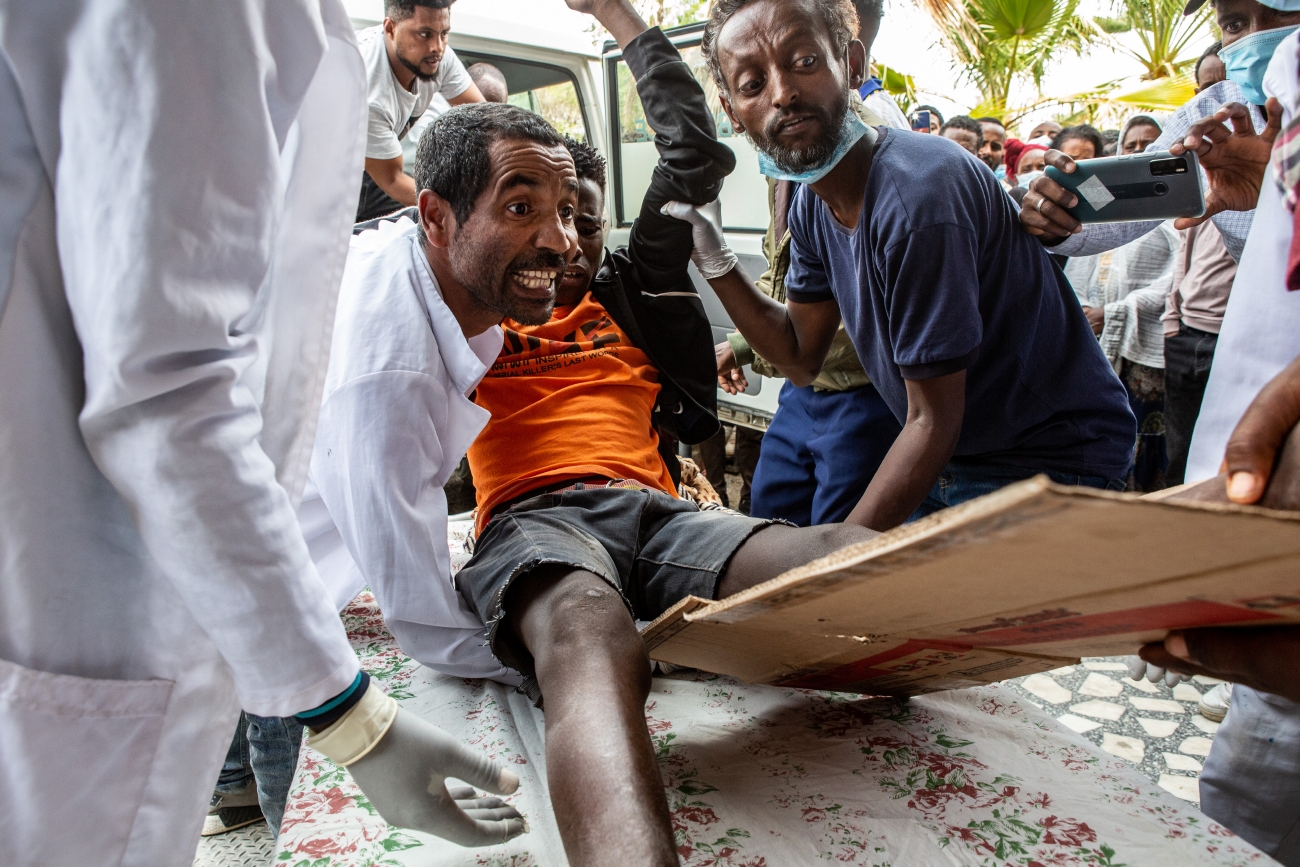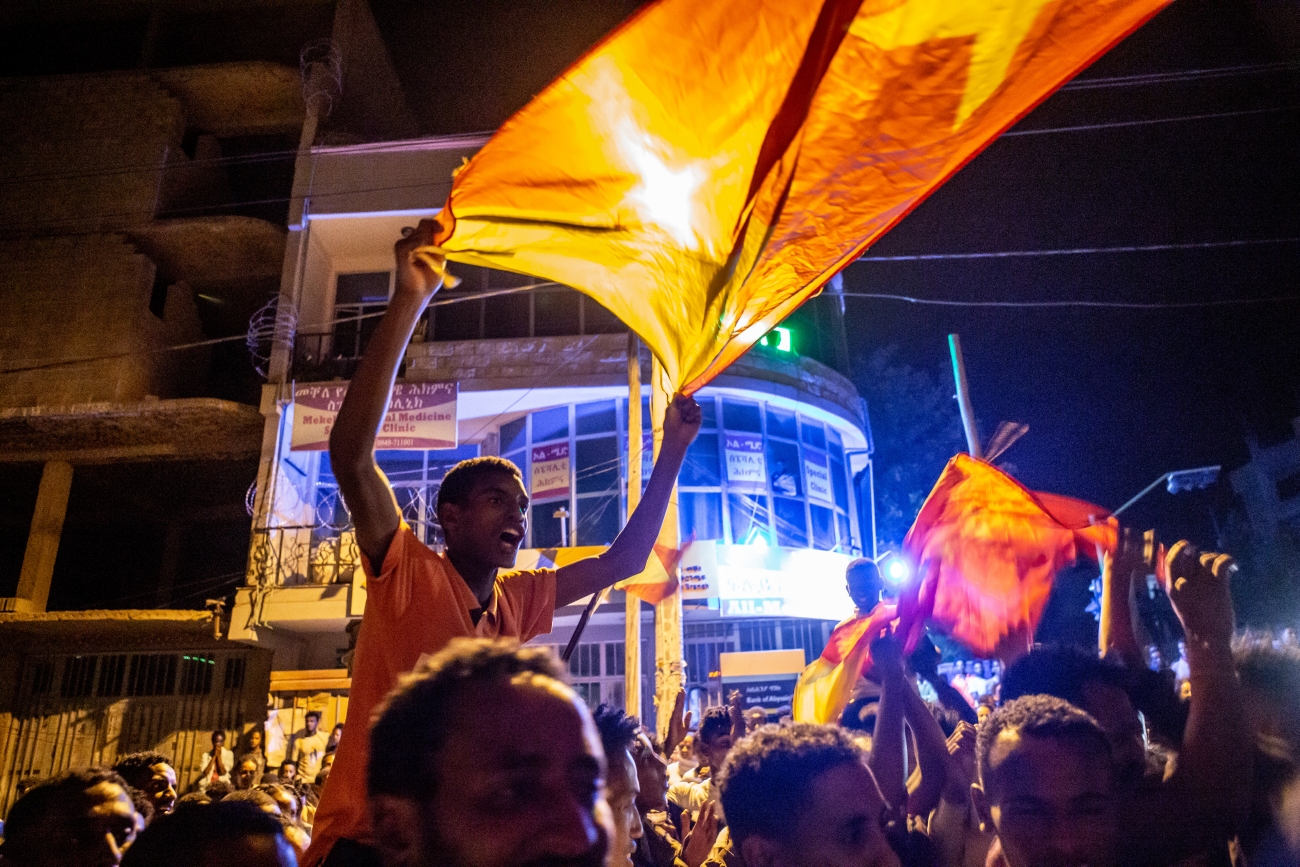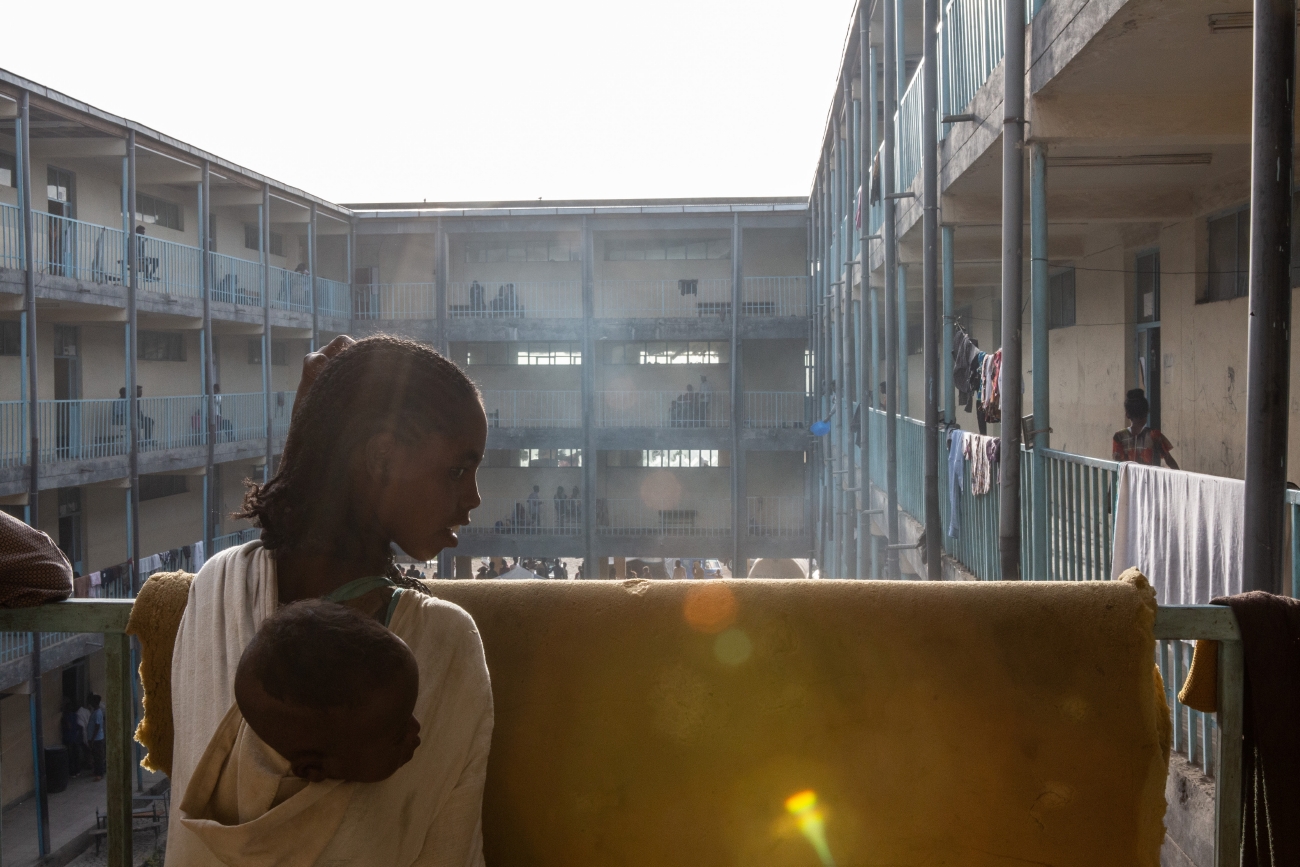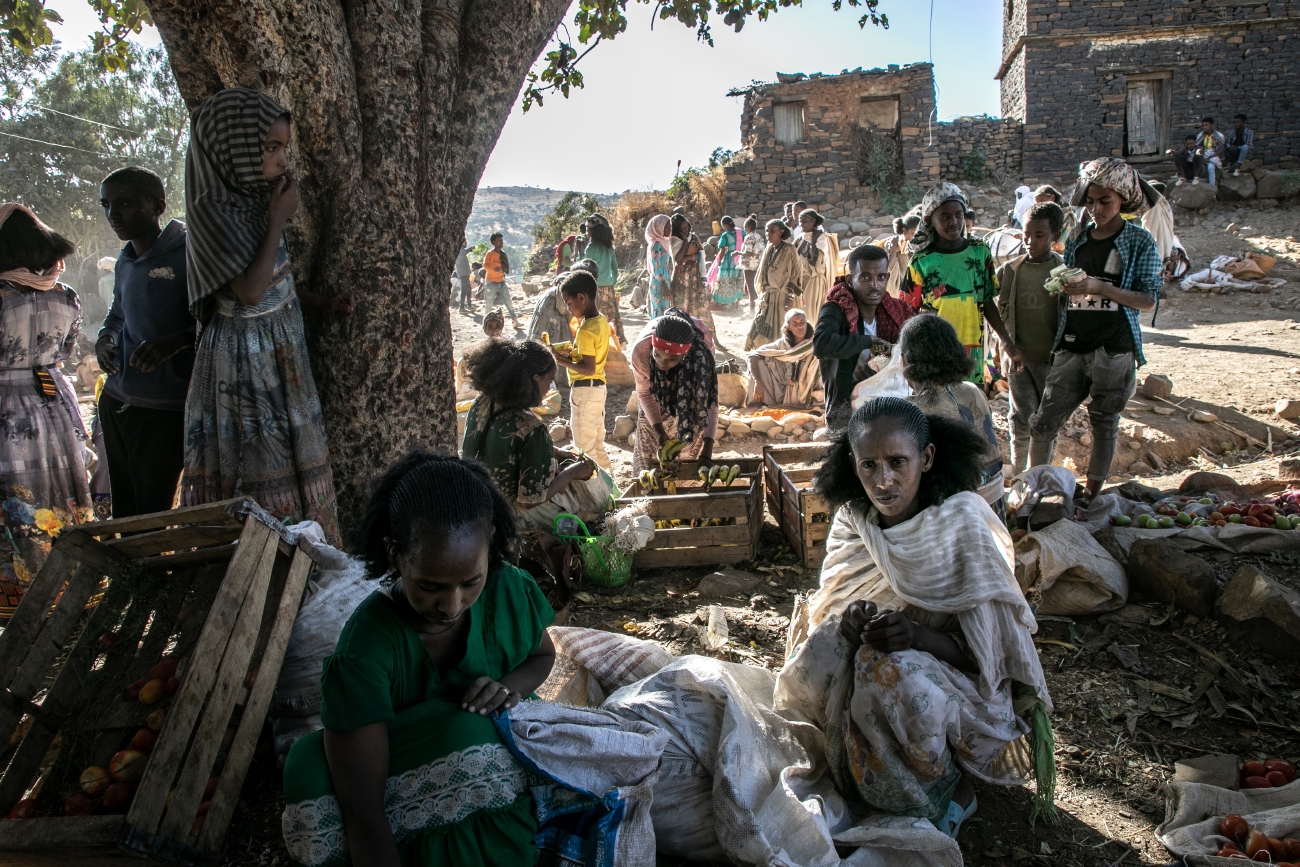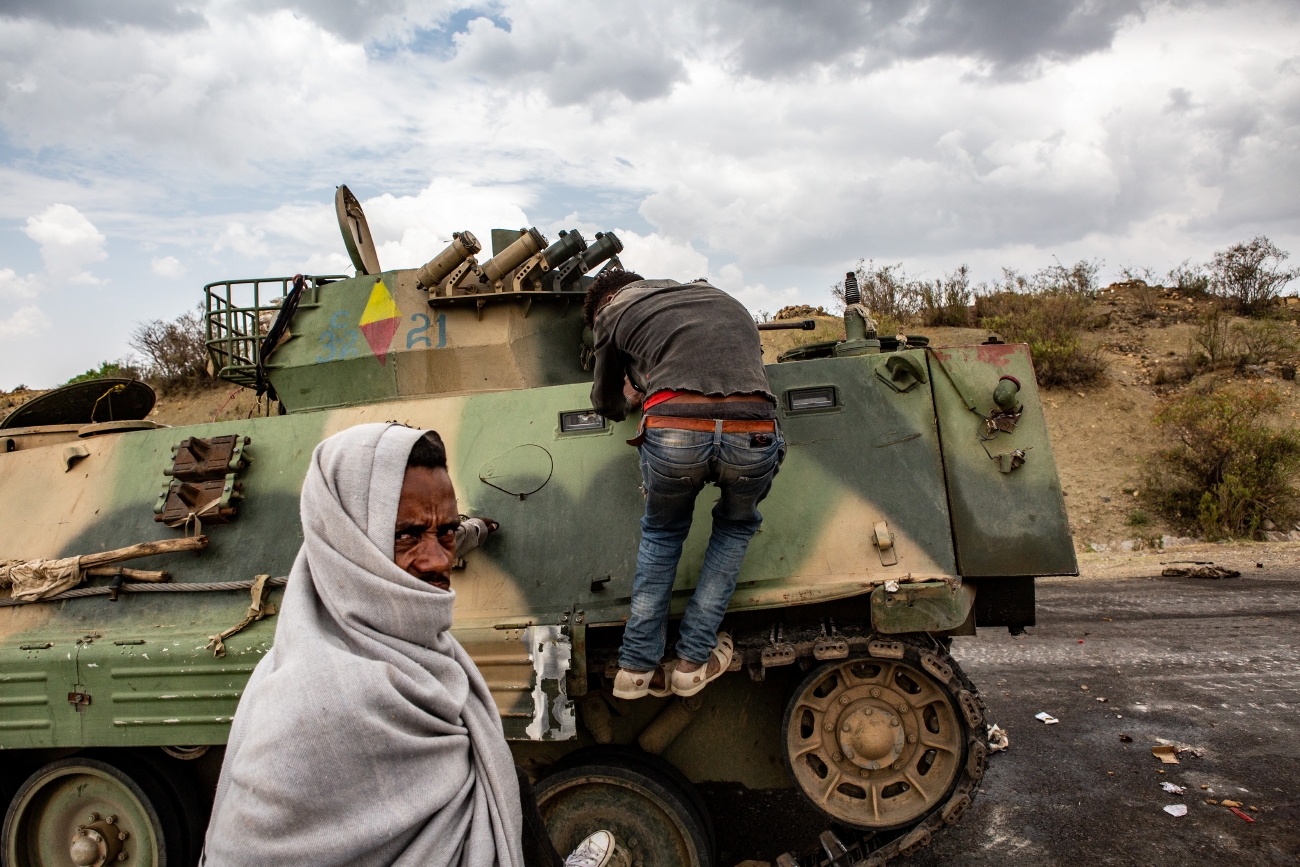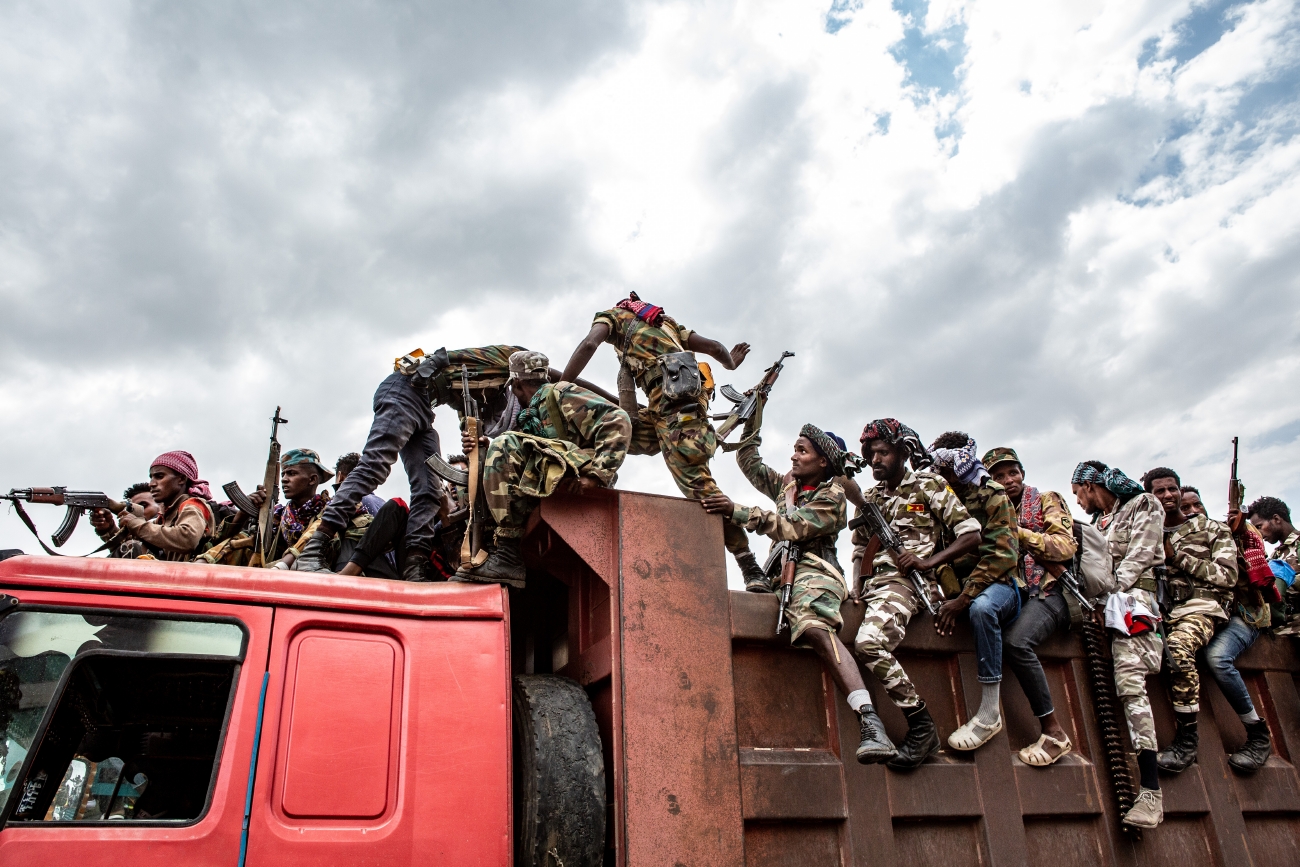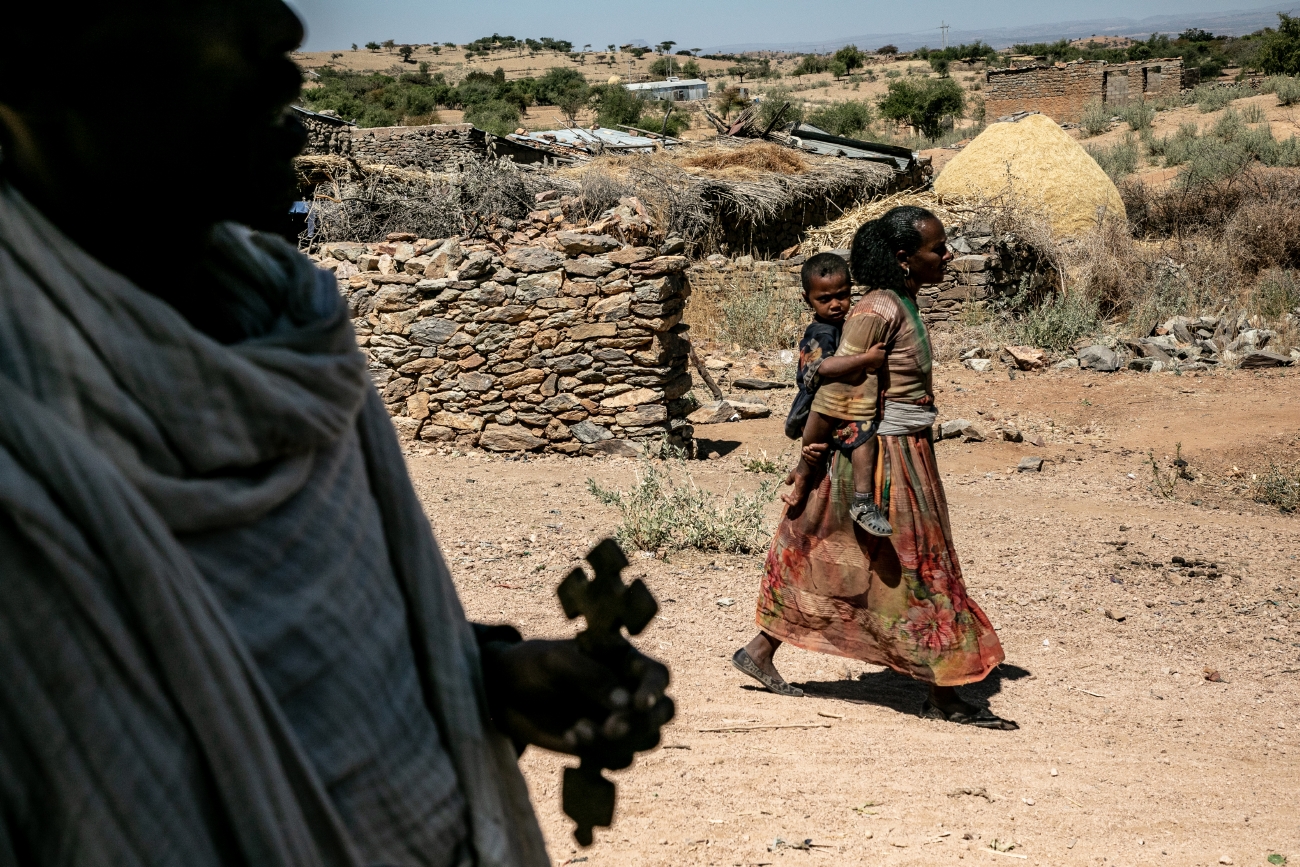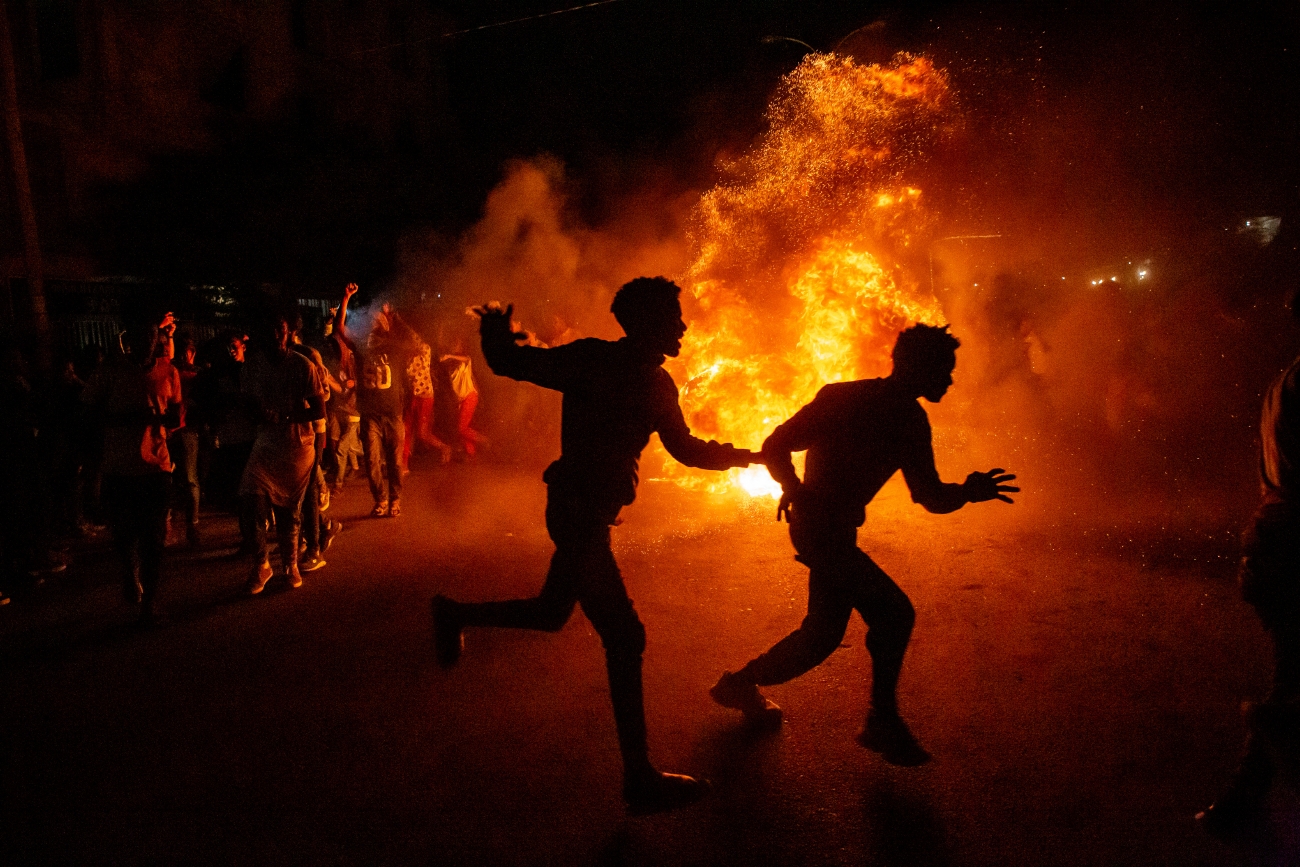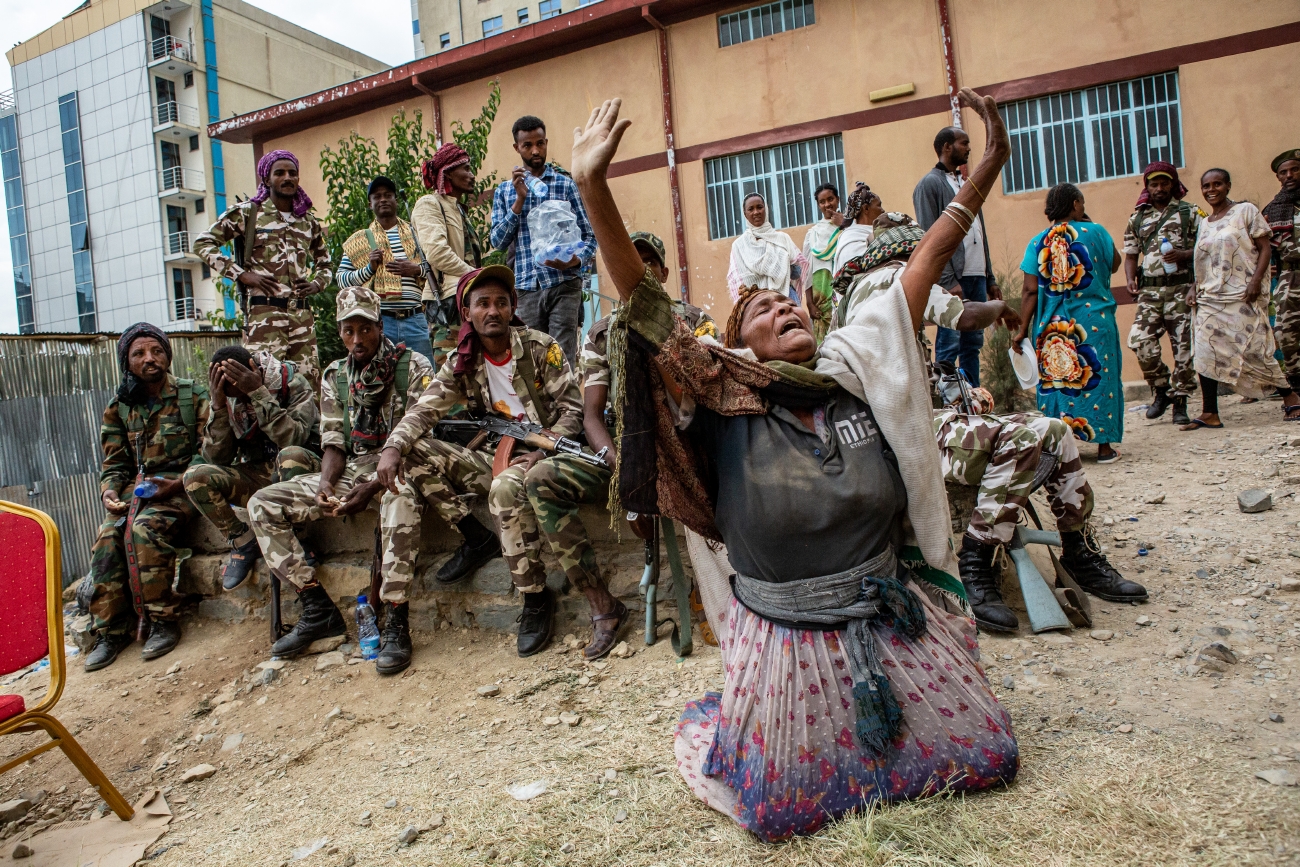Tigray, Ethiopia’s Dirty War
No winner for one of Africa’s bloodiest conflicts
Two million internally displaced persons and one million dead: this is the still provisional toll of the civil war that broke out in Ethiopia in November 2020, when troops from Addis Ababa entered Mekelle, the capital of Tigray, to occupy the region dominated by the separatist TPLF (Tigray People’s Liberation Front) movement. After an eight-month military campaign that also involved troops from neighboring Eritrea, deployed alongside the Ethiopian federal army, in late June 2021 TPLF militias managed to recapture much of Tigray and the town of Mekelle, where the Ethiopian army was routed and thousands of soldiers were taken prisoner.
It was a partial victory, however: for the next 18 months Mekelle and Tigray remained under siege, without electricity or telephone, with the main communication routes closed and humanitarian convoys stopped at the border.
Tens of thousands of people starved to death as Ethiopian and Eritrean troops resumed the offensive and the conflict raged again until November 2022, when a precarious ceasefire was signed that allowed humanitarian organizations to return to Tigray.
While developments in the situation are uncertain, Ethiopian Prime Minister Abiy Ahmed, who was awarded the Nobel Peace Prize in 2019 precisely for ending the long conflict with neighboring Eritrea, is staking his international reputation and political future on the numerous atrocities committed during this latest military campaign by Eritrean and Ethiopian troops against the civilian population.
(2021/2023)
